Κείμενο
Χαίρετε, ονομάζομαι Στέλιος Πανταζής, είμαι γιατρός εξειδικευμένος στην ιατρική διατροφολογία και στις διαταραχές του μεταβολισμού και το θέμα μας σήμερα είναι οι τροφές που βοηθούν και βλάπτουν τα άτομα που έχουν διαγνωστεί με την νόσο Χασιμότο. Έχω δημοσιεύσει ήδη 2 βίντεο με θέμα την νόσο Χασιμότο και αν δεν τα έχετε παρακολουθήσει, καλό είναι αφού δείτε αυτό το βίντεο να τα δείτε επίσης, γιατί κάποιες πληροφορίες θα τις βρείτε εκεί. Ας δούμε ποιες τροφές ωφελούν τα άτομα που πάσχουν από τη νόσο Χασιμότο. Φρούτα και φυλλώδη λαχανικά. Τα φρούτα και τα φυλλώδη λαχανικά είναι οι καλύτερες επιλογές που μπορούμε να κάνουμε στη διατροφή μας είτε πάσχουμε από κάτι είτε όχι. Τα φρούτα και τα φυλλώδη λαχανικά πρέπει να αποτελούν τη βάση της διατροφικής μας πυραμίδας. Αυτό ισχύει και για τα άτομα που πάσχουν από τη νόσο Χασιμότο, μία πάθηση οδηγείται από φλεγμονή στο θυρεοειδή, γιατί τα φρούτα και τα φυλλώδη λαχανικά περιέχουν άφθονες αντιφλεγμονώδεις και αντιοξειδωτικές ουσίες που αντιμάχονται τις φλεγμονές στο σώμα. Σταυρανθή. Η οικογένεια των σταυρανθών είναι μία οικογένεια με εξαιρετικά υγιεινά λαχανικά, όπως το μπρόκολο, το κουνουπίδι, το λάχανο, τη ρόκα κτλ. Υπάρχει περίπτωση να έχετε ακούσει ότι τα σταυρανθή περιέχουν βρογχοκηλογόνες ουσίες και μπορεί να βλάψουν το θυρεοειδή. Σε παλαιότερο βίντεο έχω μιλήσει εκτεταμένα για αυτό το θέμα, αλλά για την ώρα κρατήστε ότι τα σταυρανθή μπορείτε να τα καταναλώνετε αλλά όχι σε τεράστιες ποσότητες, και όσο πιο συχνά γίνεται μαγειρεμένα. Με αυτό τον τρόπο δεν θα υπάρχει κανένα πρόβλημα. Αμυλώδη λαχανικά. Τα αμυλώδη λαχανικά, όπως οι πατάτες, οι γλυκοπατάτες, ο αρακάς και η κολοκύθα είναι εξαιρετικά κρίσιμα για την υγεία, και καλό είναι να υπάρχουν στη διατροφή ενός ατόμου που πάσχει από τη νόσο Χασιμότο. Ελαιόλαδο. Δεν νομίζω ότι χρειάζεται να πούμε πολλά για το ελαιόλαδο. Αρκεί μόνο να πούμε ότι θεωρείται ένα από τα σημαντικότερα μαγικά συστατικά της μεσογειακής διατροφής. Προφανώς βοηθάει και εδώ. Δημητριακά χωρίς

γλουτένη. Όπως εξήγησα σε προηγούμενο βίντεο σχετικά με την ιδανική διατροφή για τα άτομα που πάσχουν από τη νόσο Χασιμότο, καλό είναι αν πάσχετε από αυτή τη νόσο να περιορίσετε ή και να διακόψετε τη γλουτένη. Τα δημητριακά τα οποία δεν περιέχουν γλουτένη είναι το καστανό ρύζι, το κινόα, το κεχρί, το φαγόπυρο και ο αμάρανθος, αν και συνήθως δεν υπάρχει πρόβλημα ούτε με τη βρώμη. Ξηροί καρποί. Οι ξηροί καρποί είναι πλούσιοι σε αντιοξειδωτικές και αντιφλεγμονώδεις ουσίες και προσφέρουν πολλά οφέλη για την υγεία όλων μας, αλλά πολύ περισσότερο για τα άτομα που πάσχουν από τη νόσο Χασιμότο. Αν όμως υπάρχει πρόβλημα βάρους, καλό είναι να μην τρώτε ξηρούς καρπούς σε ανεξέλεγκτες ποσότητες, αν και στα 80 χιλιάδες περιστατικά που έχω παρακολουθήσει, σπάνια έχω συστήσει περιορισμό των ξηρών καρπών στα άτομα που προσπαθούν να χάσουν βάρος. Βλέπω ότι συνήθως το πρόβλημα είναι αλλού. Όσπρια. Δίπλα στα φρούτα και τα λαχανικά, το επόμενο σημαντικό συστατικό της καλύτερης διατροφής του κόσμου, της μεσογειακής, είναι τα όσπρια. Θυμίζω ότι πρέπει να διαλέγουμε όσπρια με όσο περισσότερο και εντονότερο χρώμα βρίσκουμε. Αυτά είναι πιο πλούσια σε αντιοξειδωτικές και αντιφλεγμονώδεις ουσίες και πιθανόν και νοστιμότερα. Για παράδειγμα, μπορείτε να εισάγεται στη διατροφή σας, αν δεν το έχετε κάνει ήδη, τις μαύρες φακές και τα μαύρα φασόλια που είναι εξαιρετικά πλούσια σε ωφέλιμες ουσίες. Ψάρια. Τα ψάρια καλής ποιότητας είναι, μαζί με τα όσπρια, η σημαντικότερη πηγή ποιοτικής πρωτεΐνης που υπάρχει στη μεσογειακή διατροφή. Έτσι λοιπόν όπως τα όσπρια πρέπει να υπάρχουν τουλάχιστον μία με δύο φορές την εβδομάδα στη διατροφή μας, το ίδιο ισχύει και για τα ψάρια, ειδικά αυτά που είναι πλούσια σε ωμέγα-3, όπως η σαρδέλα, ο γαύρος, η πέστροφα, ο κολιός, το σκούμπι και τα σαφρίδια. Καρυκεύματα και αρωματικά φυτά. Ο κουρκουμάς, η κίτρινη σκόνη από τη ρίζα του φυτού, που περιέχει την εξαιρετικά χρήσιμη ουσία που λέγεται κουρκουμίνη, δυστυχώς δεν συνηθίζεται στη διατροφή μας. Αυτό όμως δεν μας

εμποδίζει να την εισάγουμε. Μπορείτε να εμπλουτίσετε σχεδόν όλα τα φαγητά κατσαρόλας με κουρκουμά και άλλα καρυκεύματα, και με αυτό τον τρόπο θα γίνουν πολύ πιο θρεπτικά και πολύ πιο νόστιμα. Επίσης, αρωματικά φυτά, όπως ο άνηθος, ο μαϊντανός και το σέλινο δεν λείπουν από την κουζίνα μας, και είναι συστατικά που την κάνουν πάρα πολύ θρεπτική και νόστιμη. Αφού είδαμε ποιες τροφές είναι ιδιαίτερα ωφέλιμες για τα άτομα που πάσχουν από τη νόσο Χασιμότο, θα αφιερώσουμε και λίγο χρόνο για να δούμε ποιες τροφές πρέπει να αποφεύγουν τα άτομα που πάσχουν από αυτή τη νόσο. Επεξεργασμένες τροφές. Όπως είπαμε στο προηγούμενο βίντεο, είναι εξαιρετικά σημαντικό τα άτομα που έχουν διαγνωστεί με τη νόσο Χασιμότο να φροντίζουν το βάρος τους να είναι φυσιολογικό. Δυστυχώς, οι επεξεργασμένες τροφές, όπως ή ζάχαρη, τα αρτοποιήματα ευρείας κατανάλωσης και τα αλλαντικά είναι τροφές που δεν περιέχουν φυτικές ίνες και έχουν μεγάλη πυκνότητα ενέργειας, δηλαδή έχουν πάρα πολλές θερμίδες πακεταρισμένες σε μικρή ποσότητα τροφής. Αυτό εμποδίζει την απώλεια βάρους, και συνήθως οδηγεί σε σημαντική αύξησή του. Οι τροφές λοιπόν που είναι πλούσιες ζάχαρη, λευκό αλεύρι, αλλαντικά και άλλες επεξεργασμένες τροφές πρέπει να απουσιάζουν από τη διατροφή ενός ατόμου που έχει διαγνωστεί με τη νόσο Χασιμότο. Γαλακτοκομικά. Όπως είπα σε προηγούμενο βίντεο έχει φανεί ότι τα άτομα που έχουν Χασιμότο συχνά έχουν και δυσανεξία στη λακτόζη. Αυτό από μόνο του θα είναι ένας λόγος που θα πρέπει να σας προτρέψει να περιορίσετε τα γαλακτοκομικά και να διακόψετε τελείως το γάλα αν πάσχετε από τη νόσο Χασιμότο. Δεν είναι αναγκαίο σε όλες τις περιπτώσεις να γίνει διακοπή των γαλακτοκομικών, αλλά καλό είναι να γίνει μία δοκιμή για να δούμε πώς αυτό θα επηρεάσει την υγεία και τα αντισώματα ενάντια στον θυρεοειδή. Μπορεί τα αποτελέσματα να αξίζουν την στέρηση. Σόγια. Στην παραδοσιακή ελληνική κουζίνα απουσιάζει η σόγια. Άρα, λίγοι άνθρωποι στην Ελλάδα καταναλώνουν συστηματικά σόγια. Αν και οι μελέτες δεν είναι ξεκάθαρες

ακόμα, αν καταναλώνετε σόγια και πάσχετε από τη νόσο Χασιμότο, καλό είναι να ψάξετε να βρείτε εναλλακτικές για να τη διακόψετε. Αυτές λοιπόν είναι οι τροφές που επηρεάζουν θετικά ή αρνητικά την εξέλιξη της νόσου Χασιμότο και καλό είναι αν πάσχετε από αυτή να προσαρμόσετε τη διατροφή σας έτσι ώστε να εμπλουτίσετε με αυτά που βοηθάνε και να περιορίσετε ή και να διακόψετε τελείως αυτά που δημιουργούν πρόβλημα. Έχω δημοσιεύσει άλλα δύο βίντεο για τη νόσο Χασιμότο και καλό είναι να αφιερώσετε λίγο χρόνο να τα δείτε, αν δεν το έχετε κάνει ήδη. Αν βρήκατε το θέμα ενδιαφέρον, σας παρακαλώ, να πατήσετε το κουμπί μου αρέσει, να το μοιραστείτε με άτομα που θα το βρουν ενδιαφέρον και να εγγραφείτε στο κανάλι για να σας ενημερώνουμε για μελλοντικά θέματα. Επίσης, μπορείτε να χρησιμοποιήσετε τα σχόλια για να ζητήσετε να παρουσιάσουμε ένα θέμα στο μέλλον. Σας ευχαριστώ πολύ.

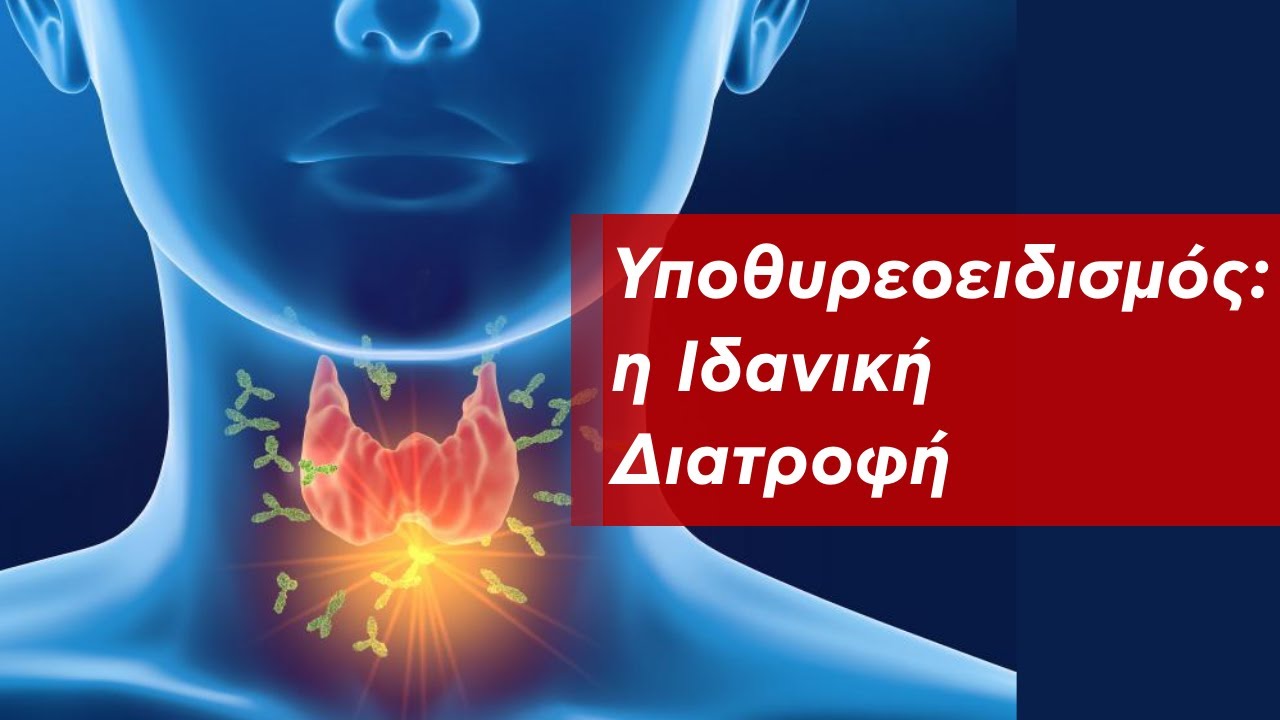
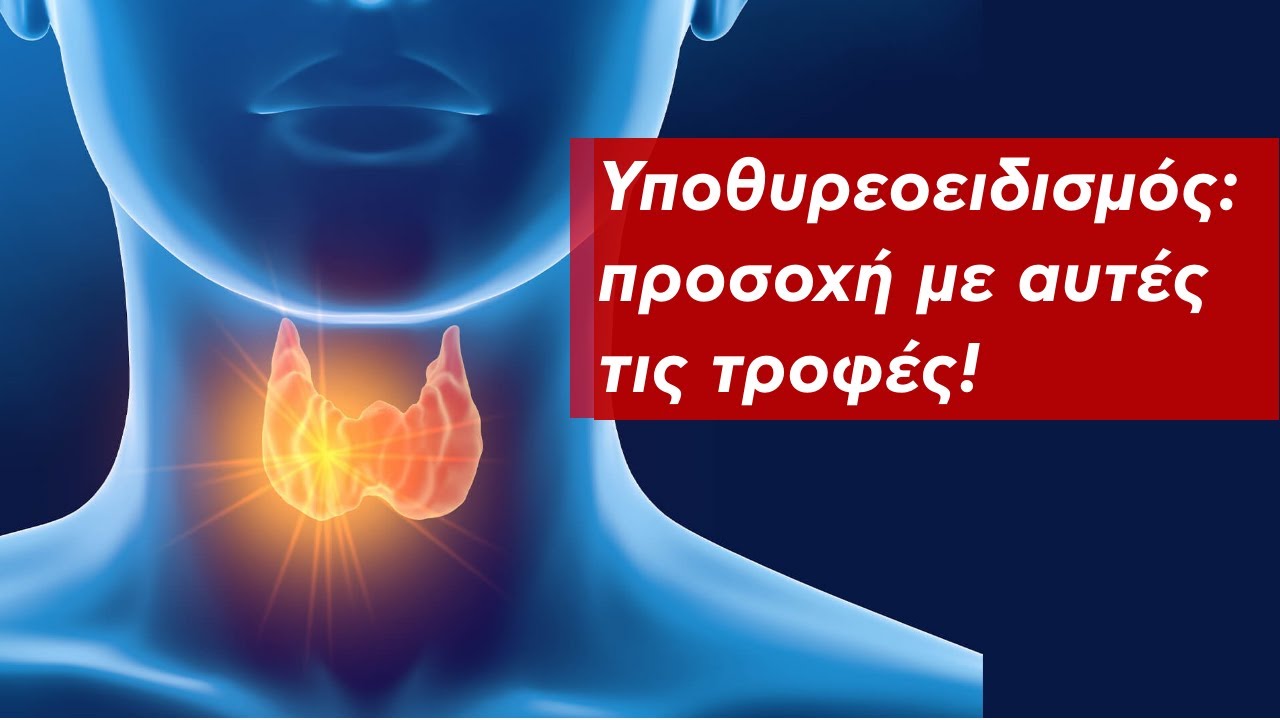
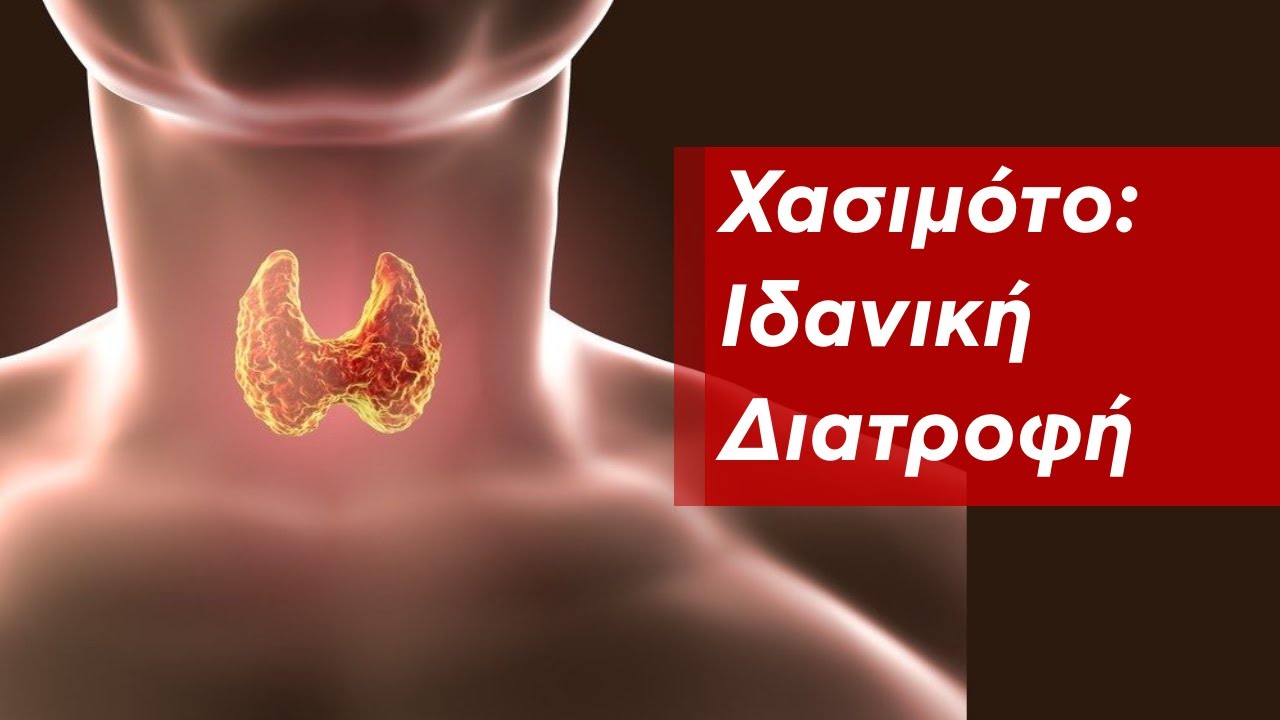
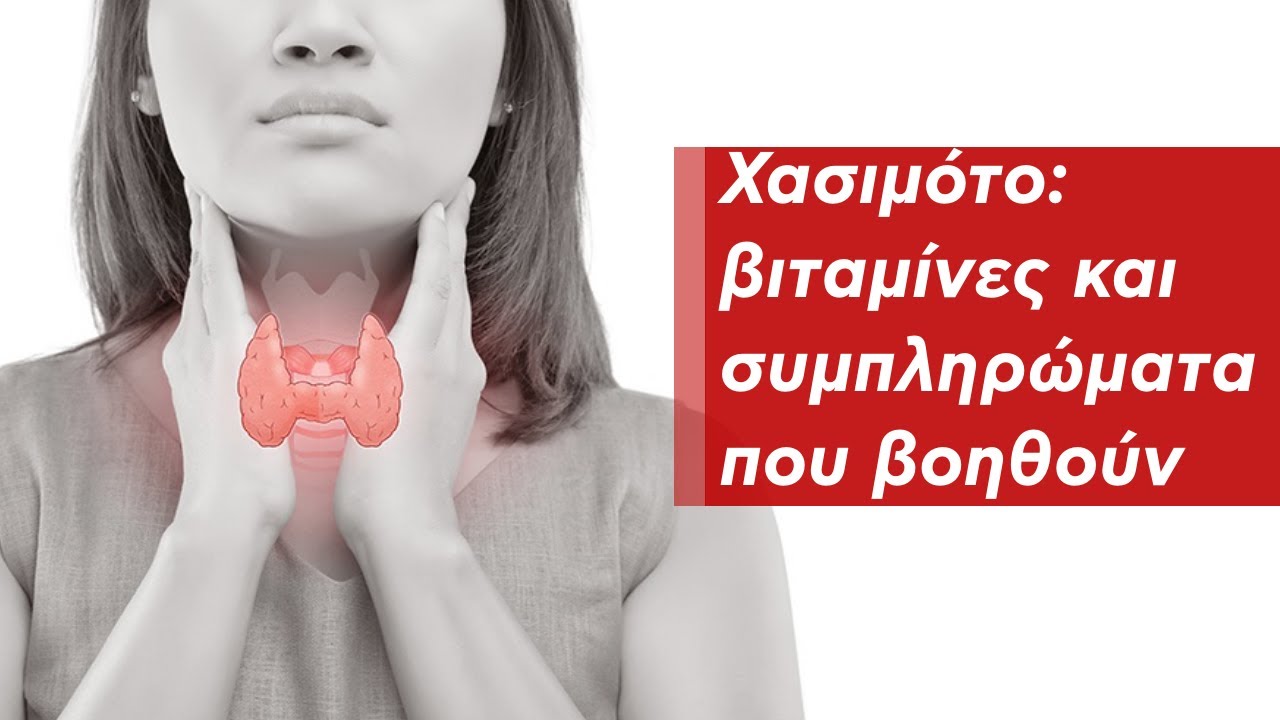
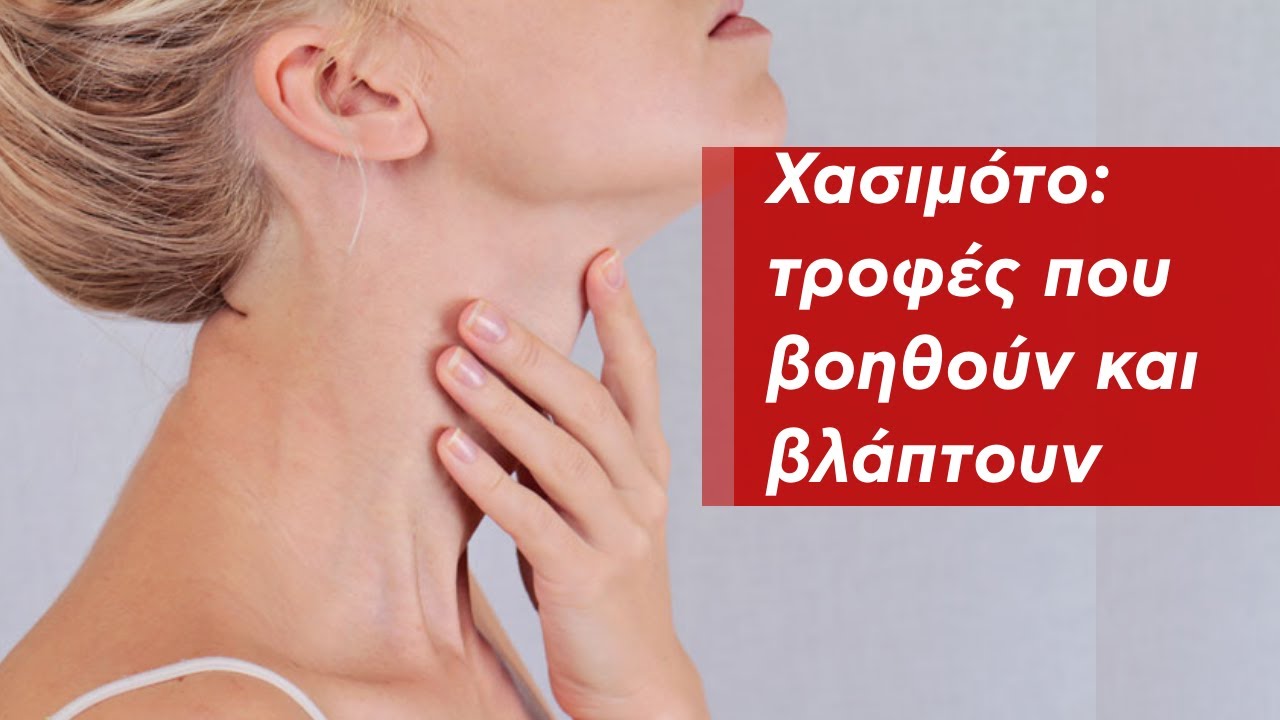
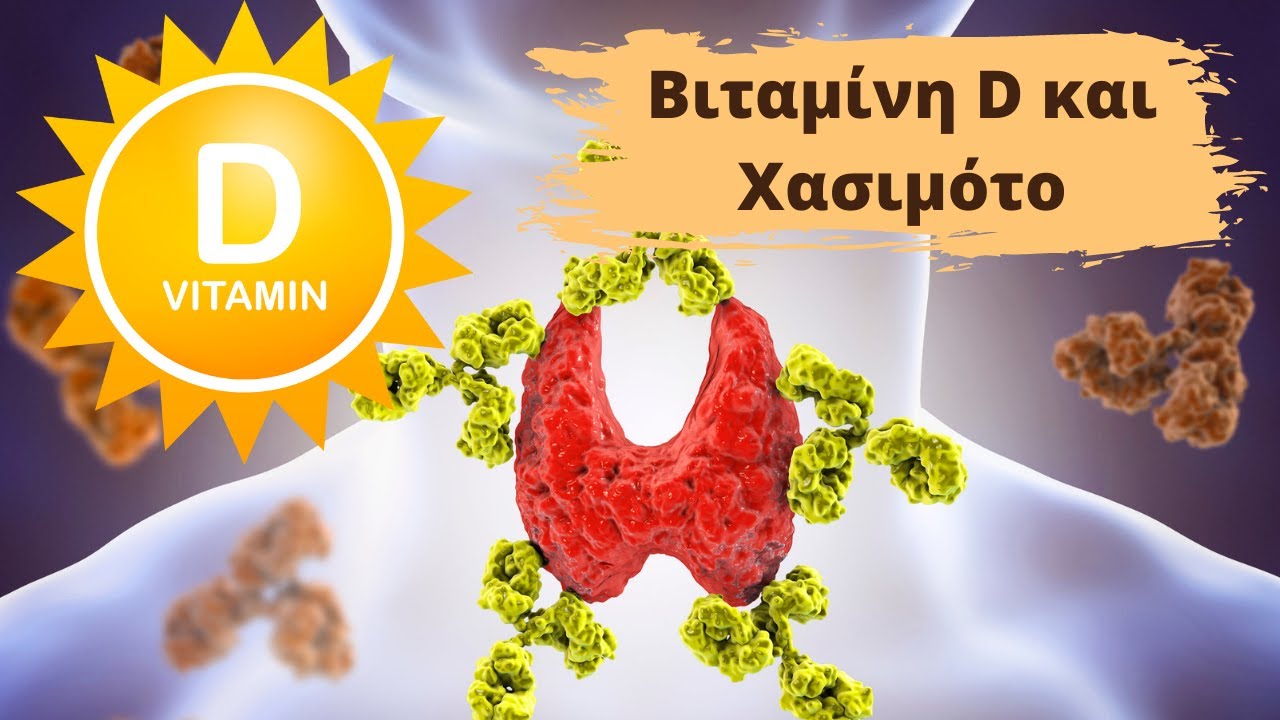
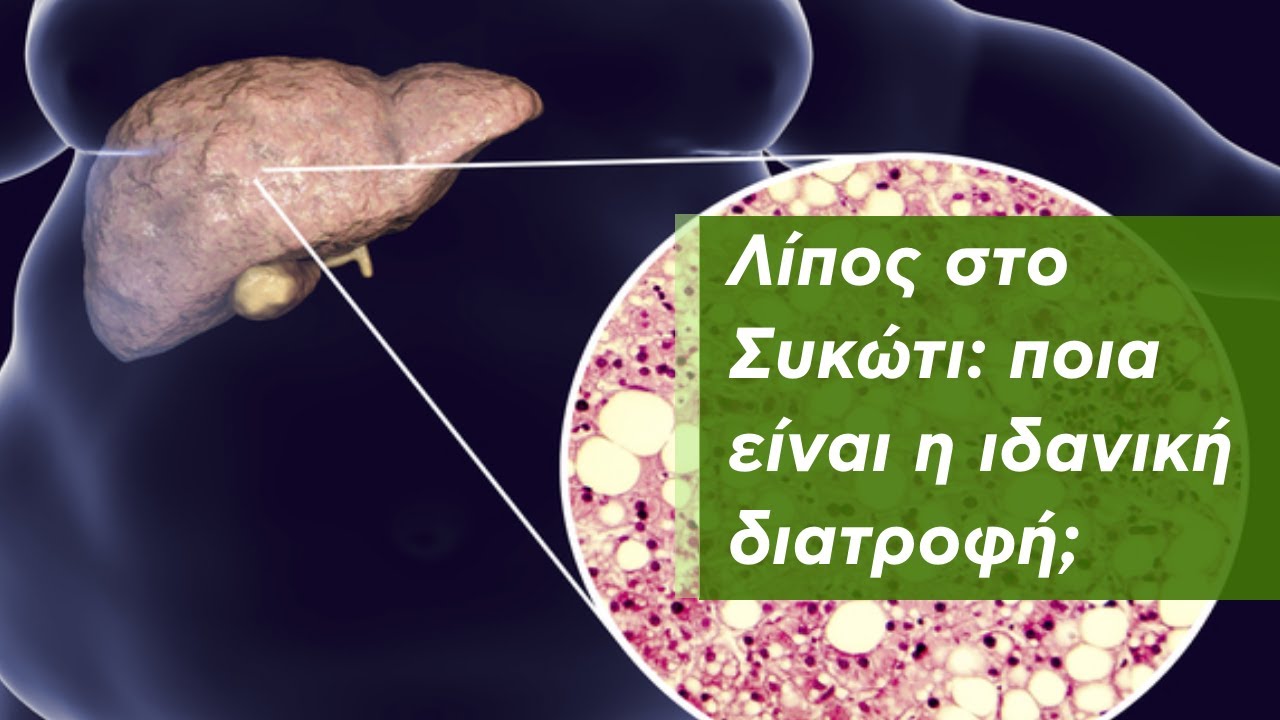
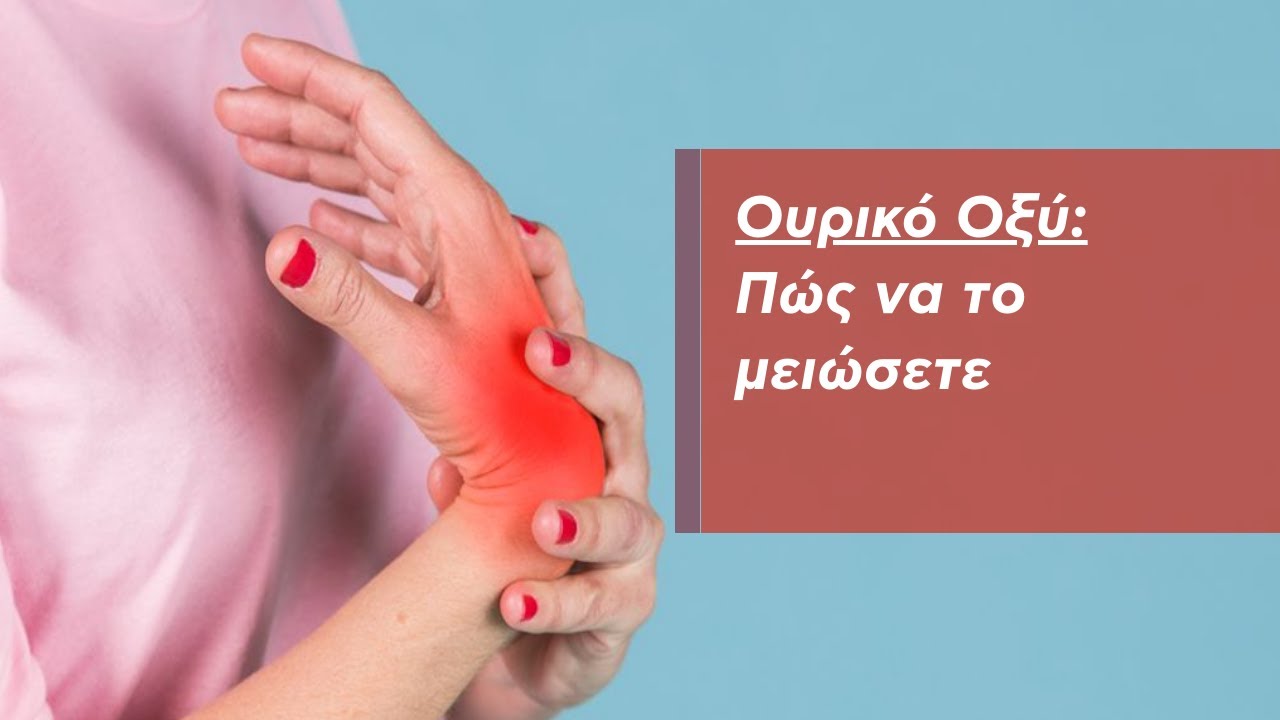
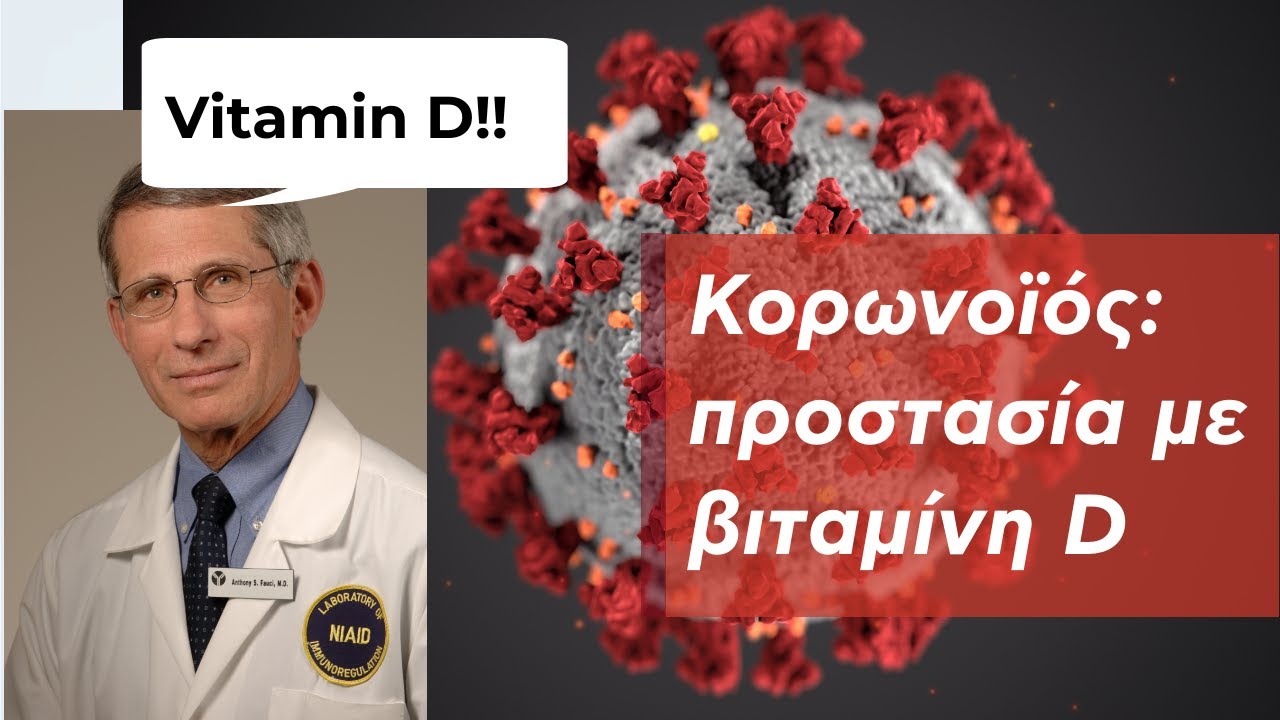
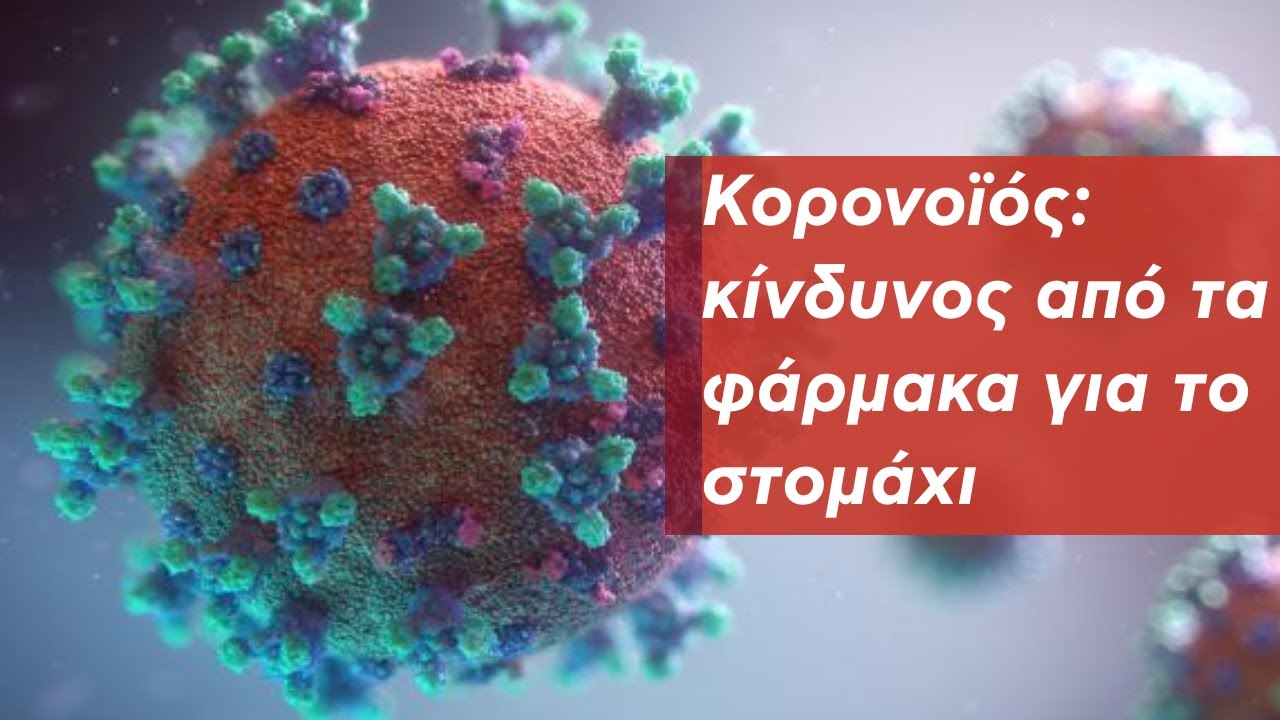
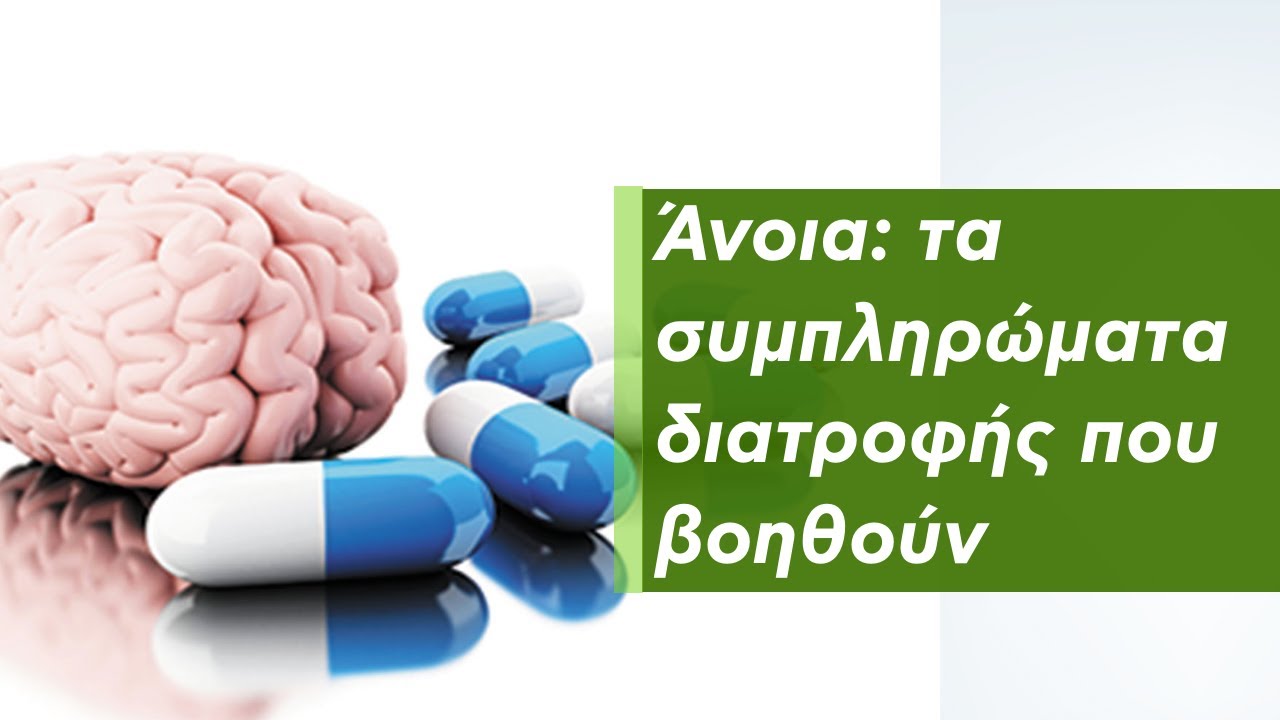
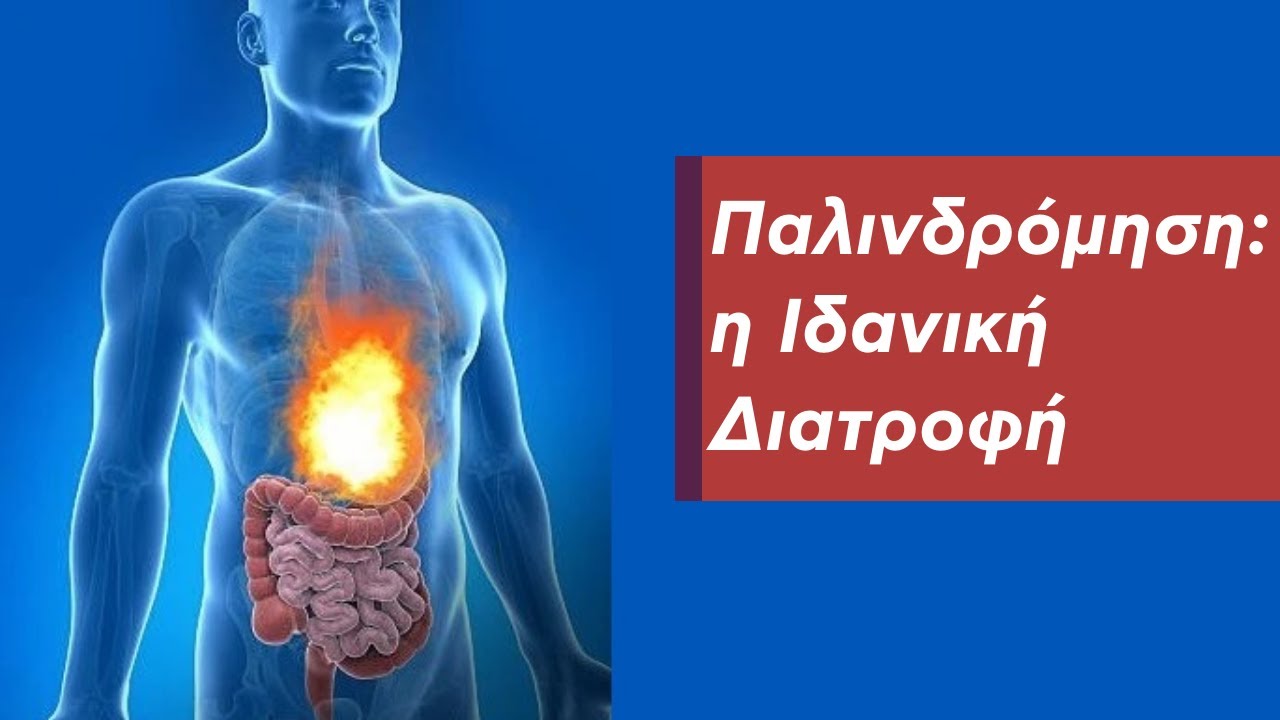
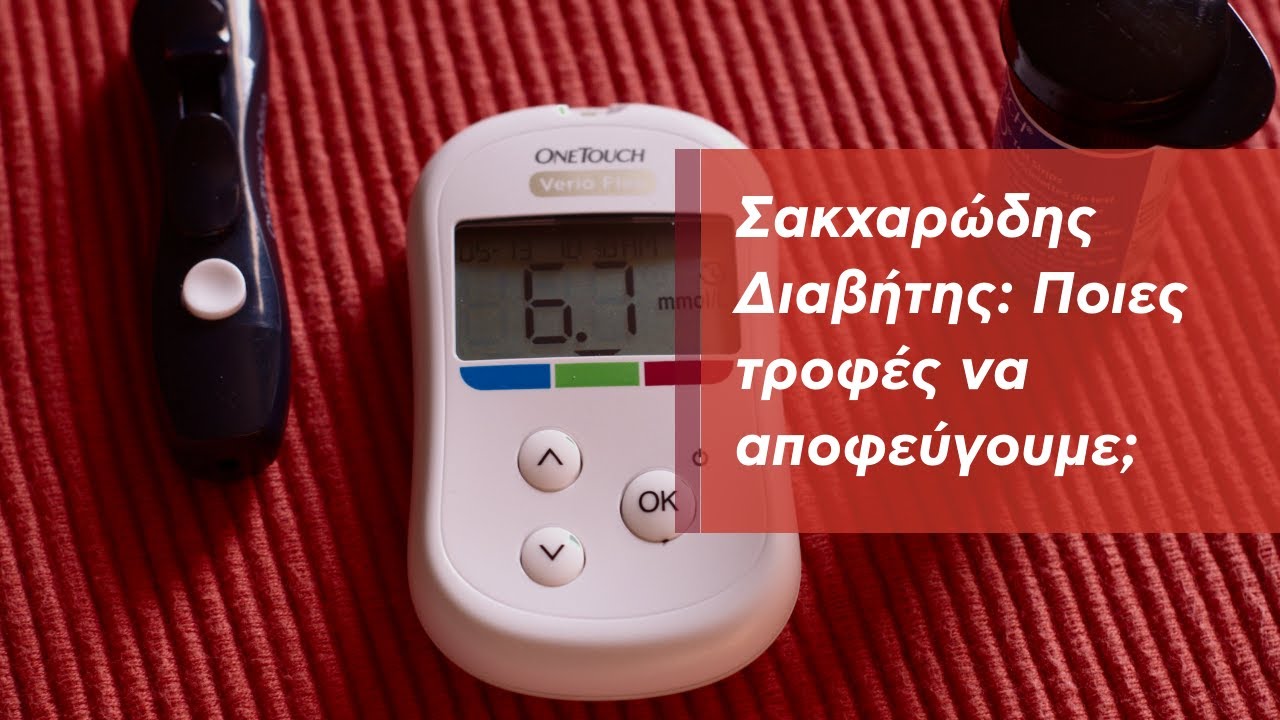
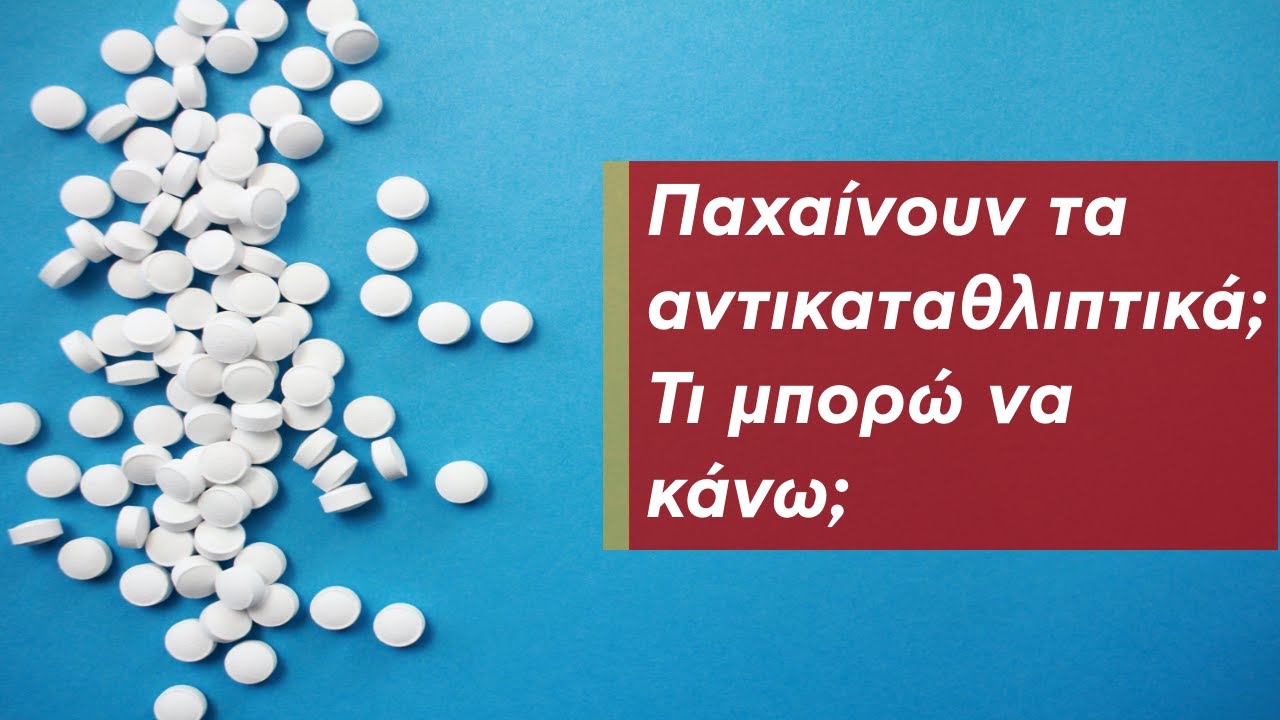
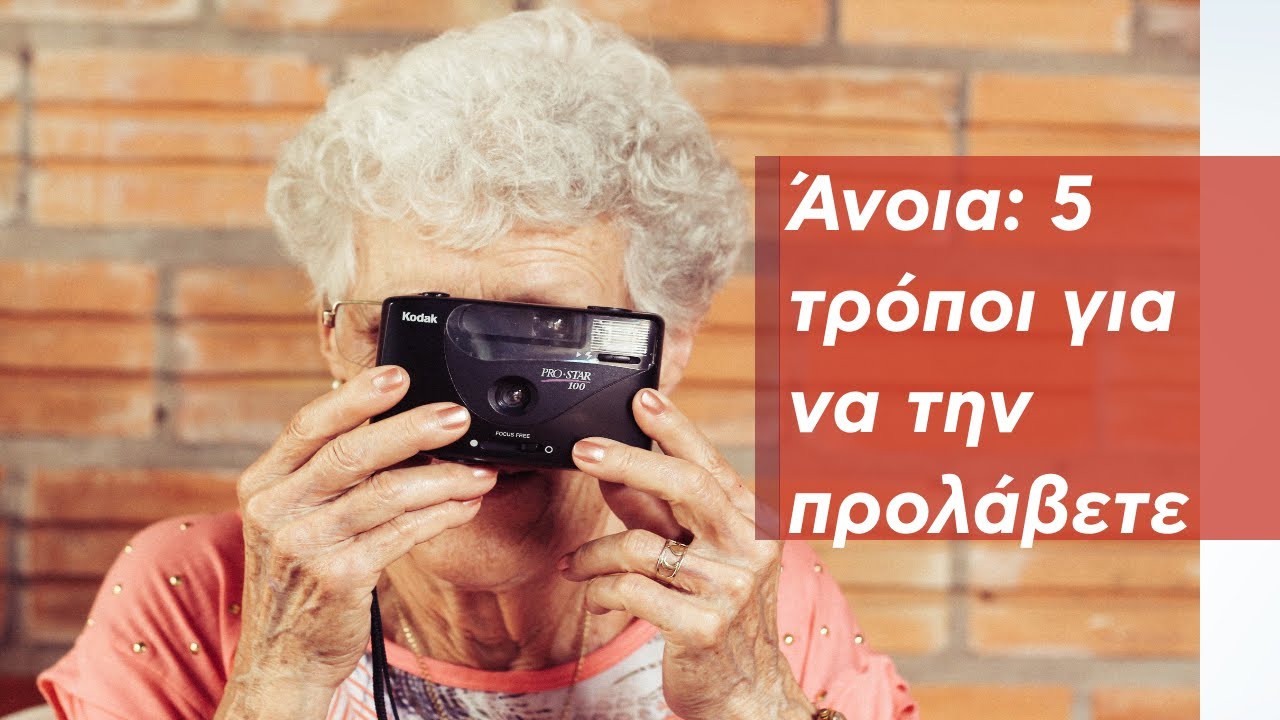
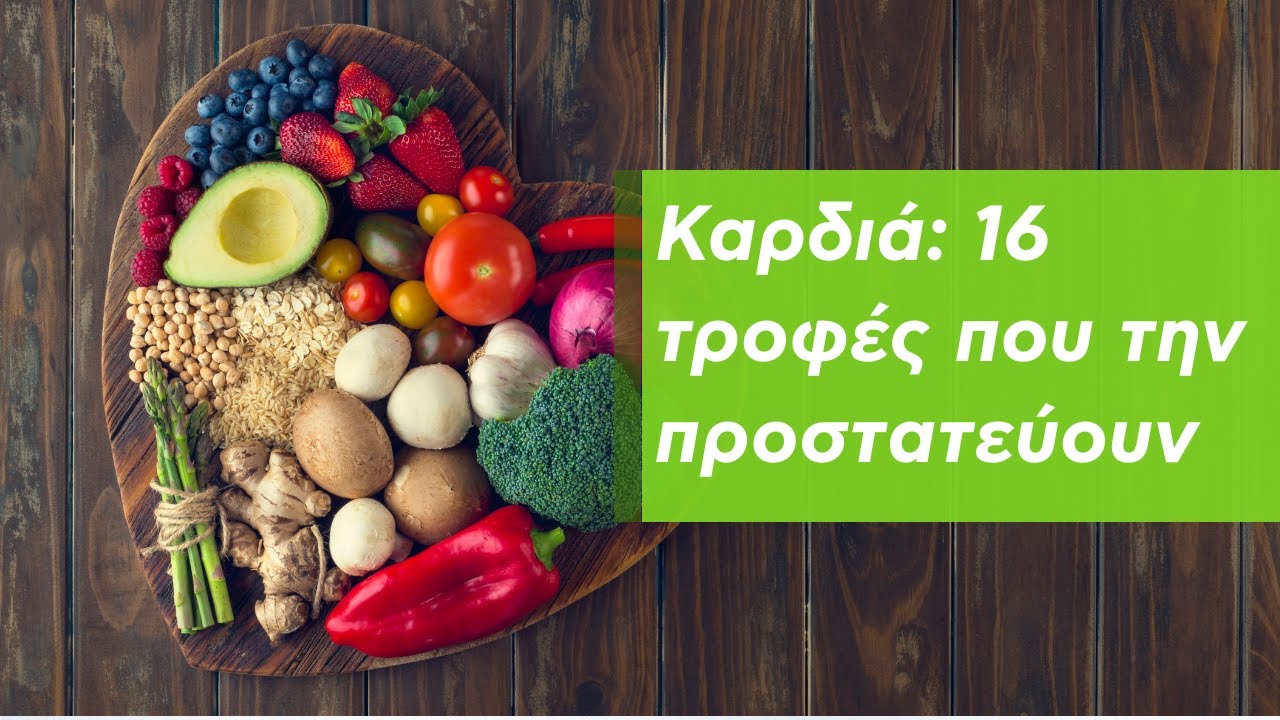
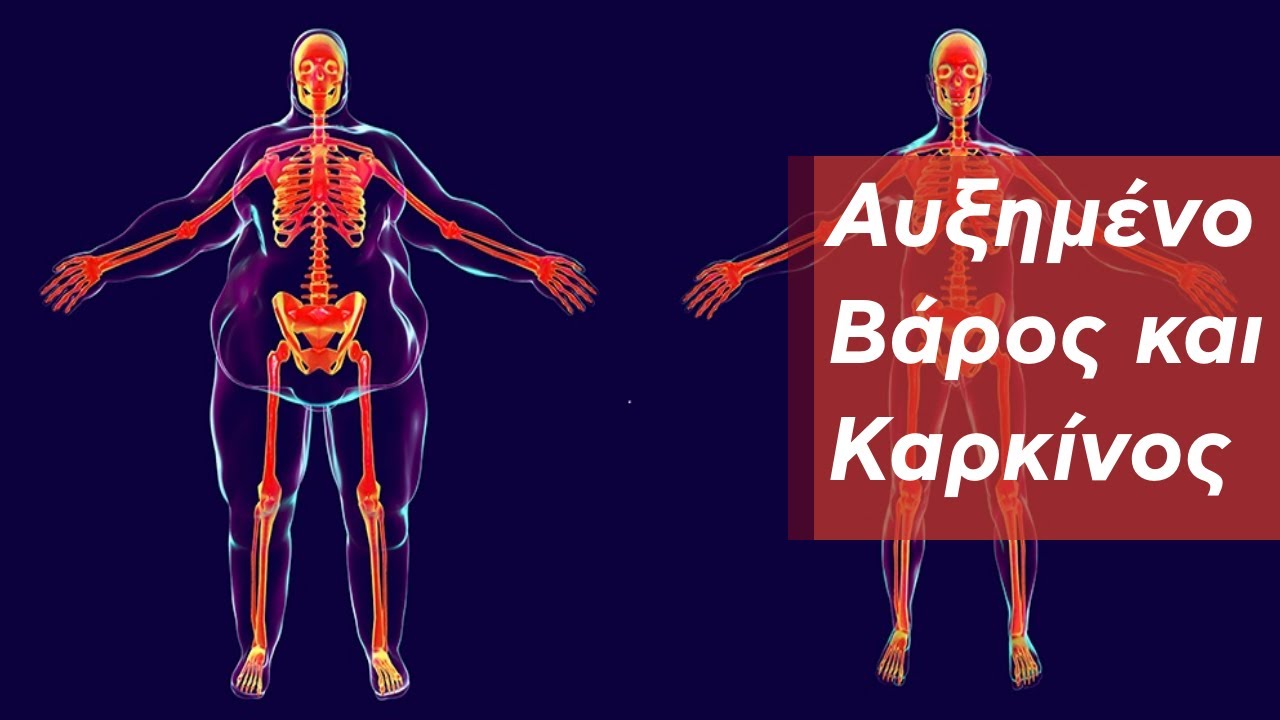
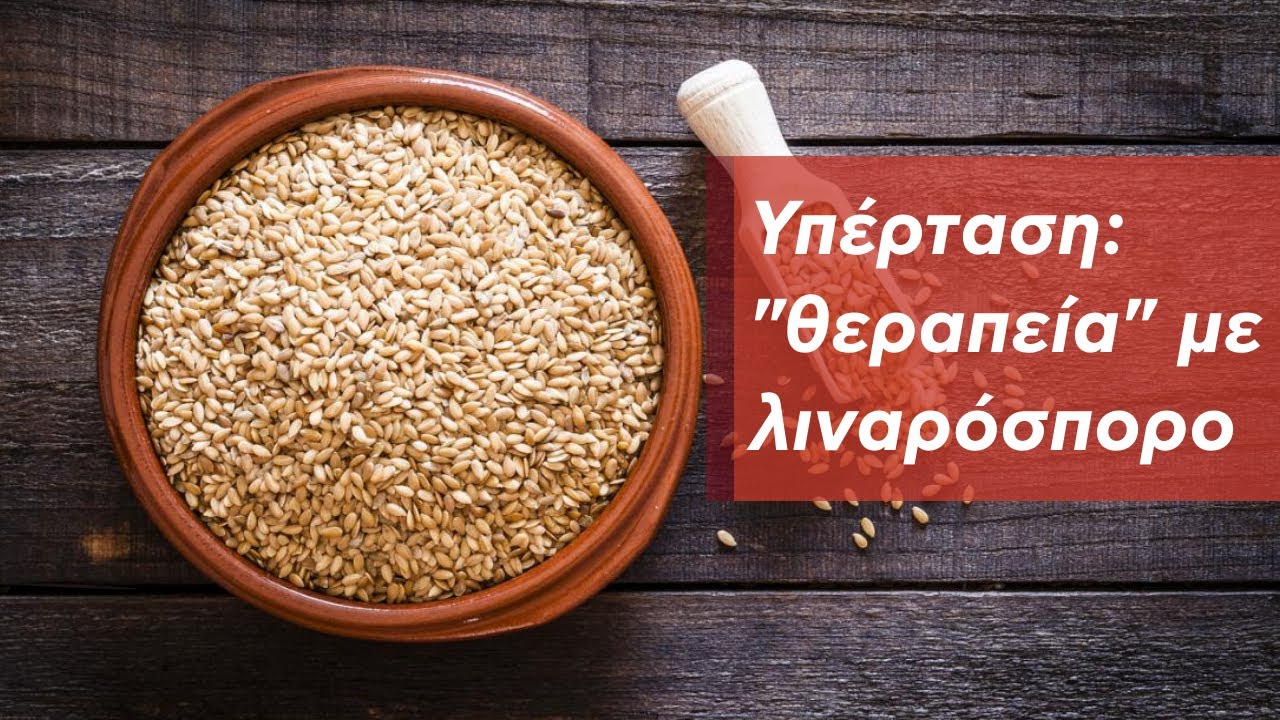
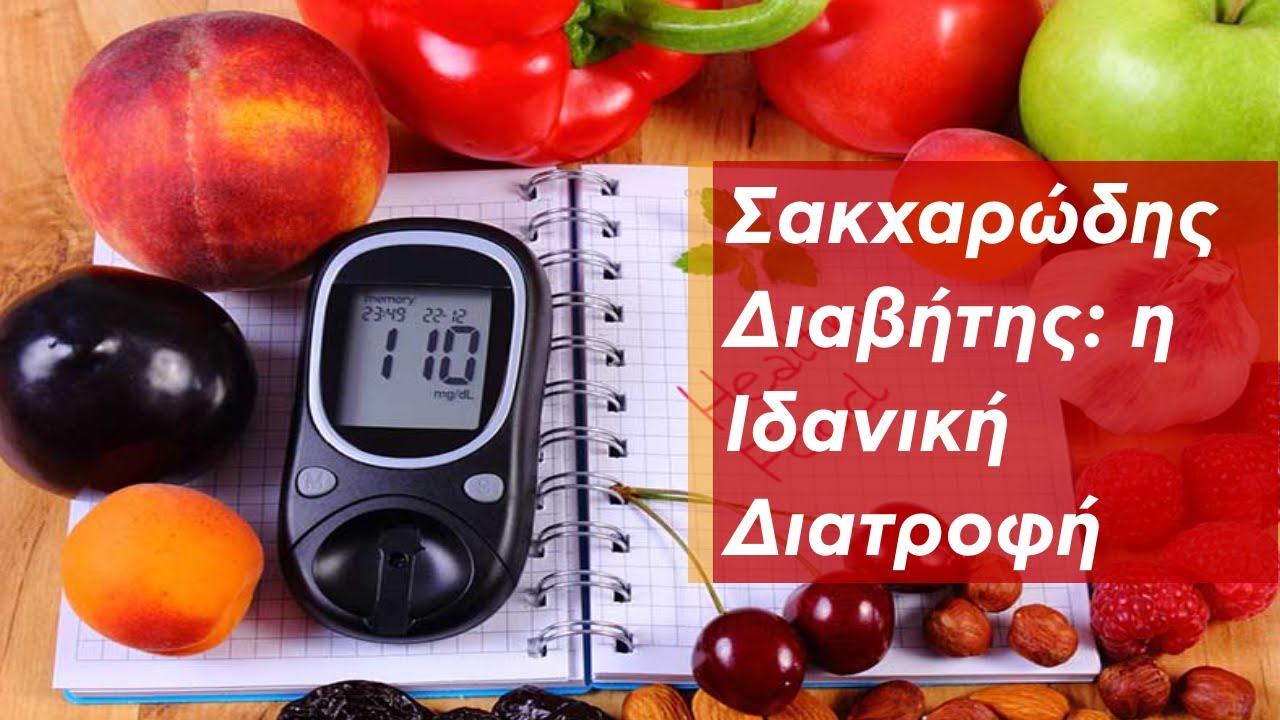
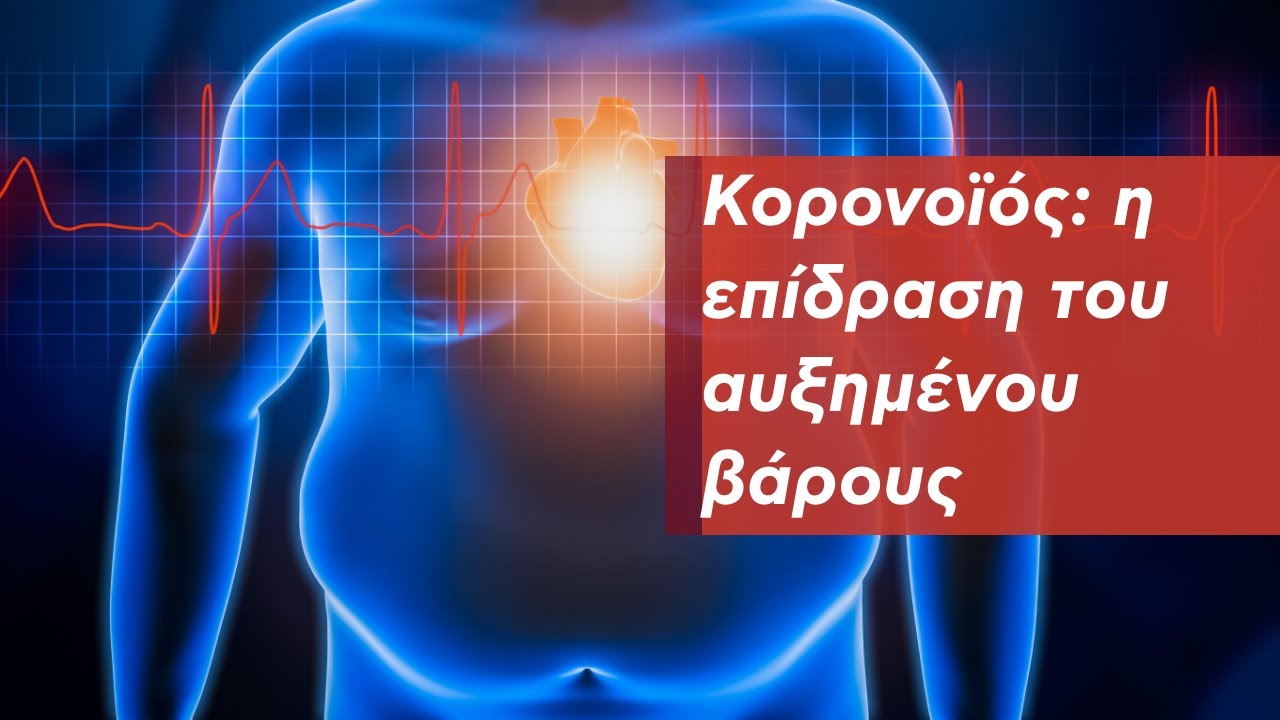
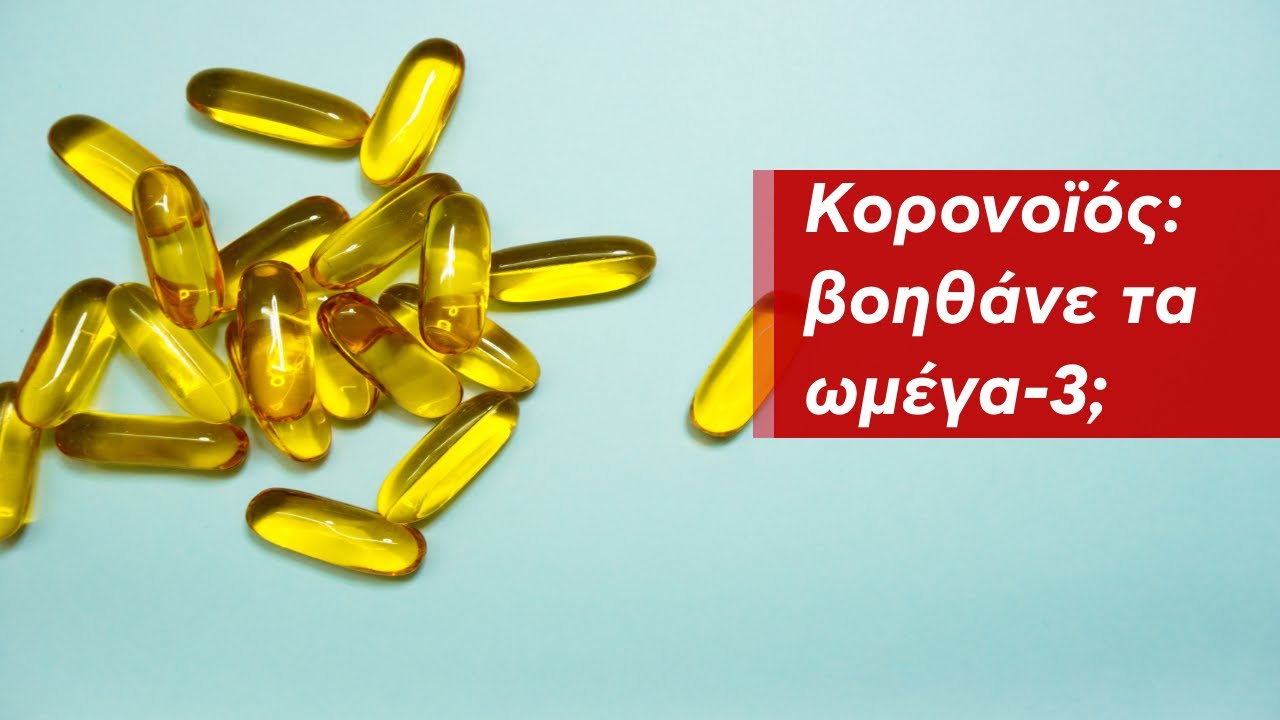
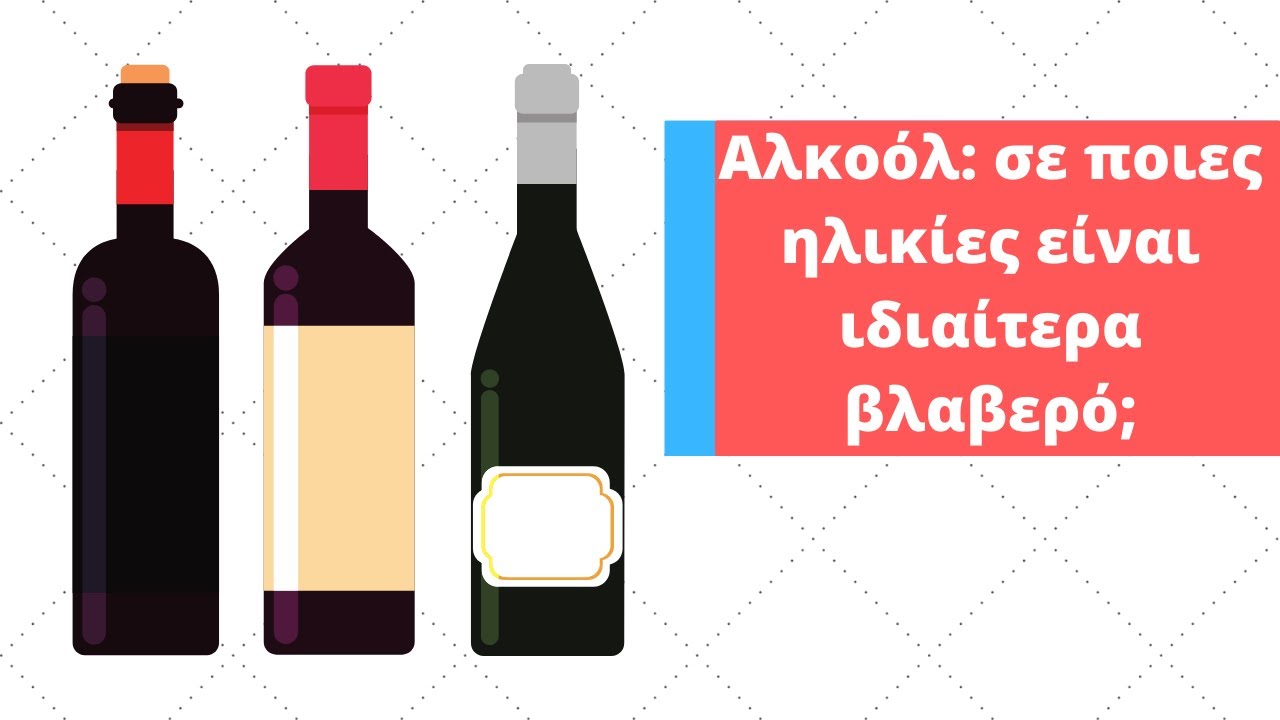
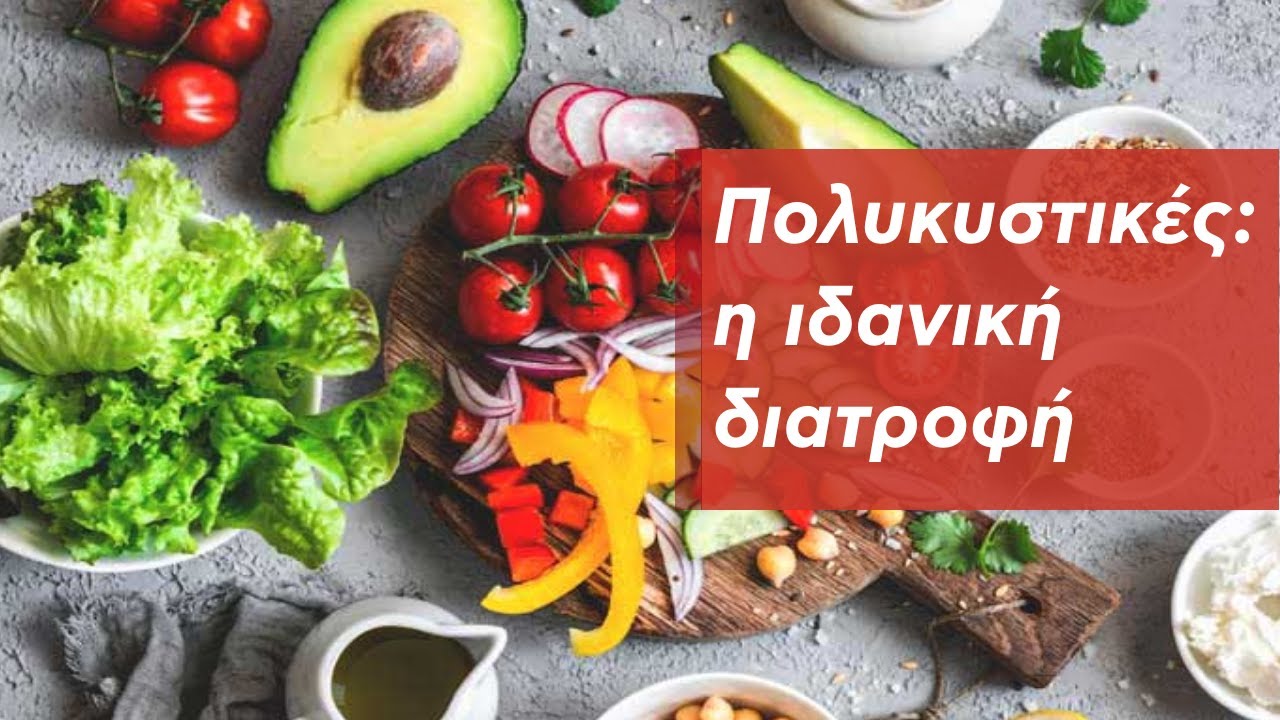
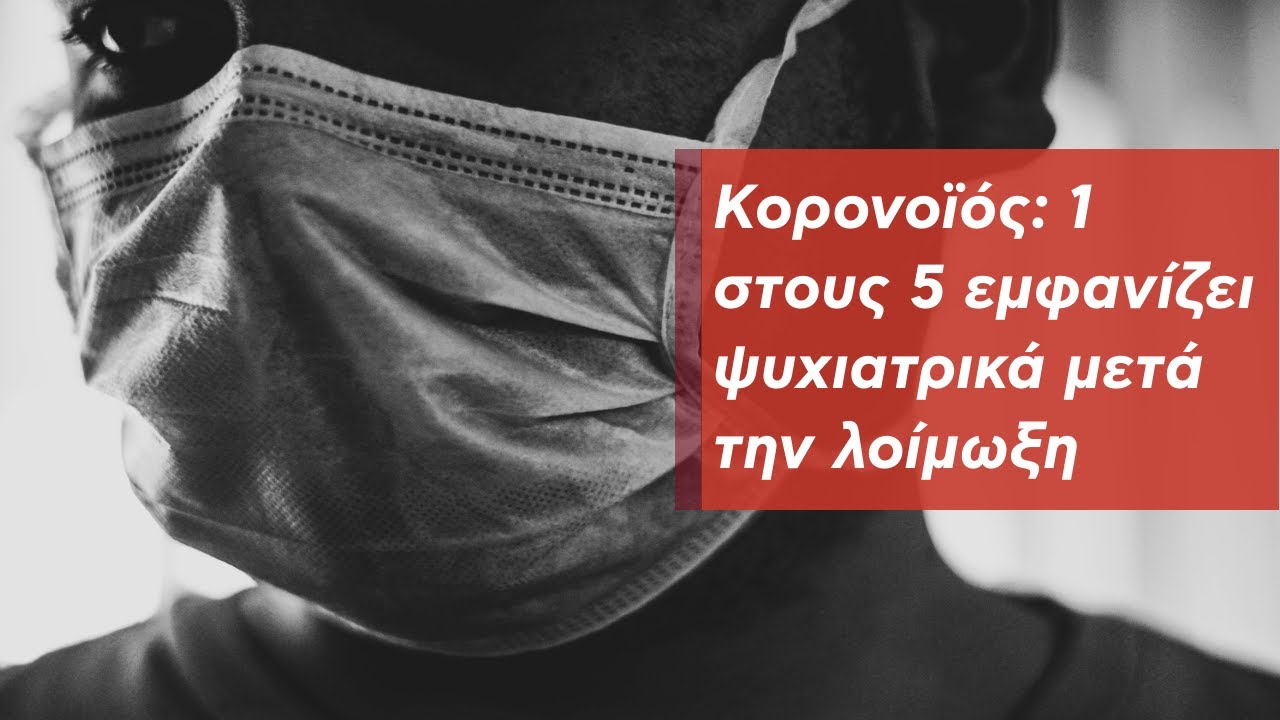
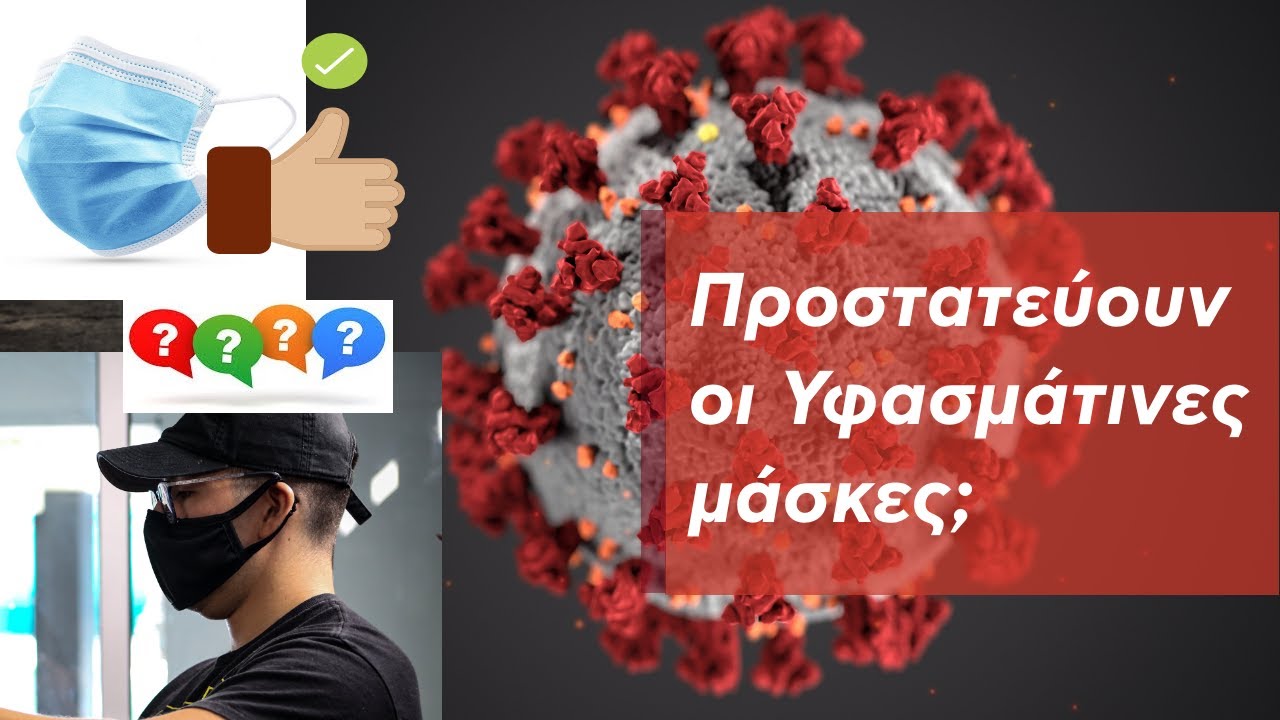
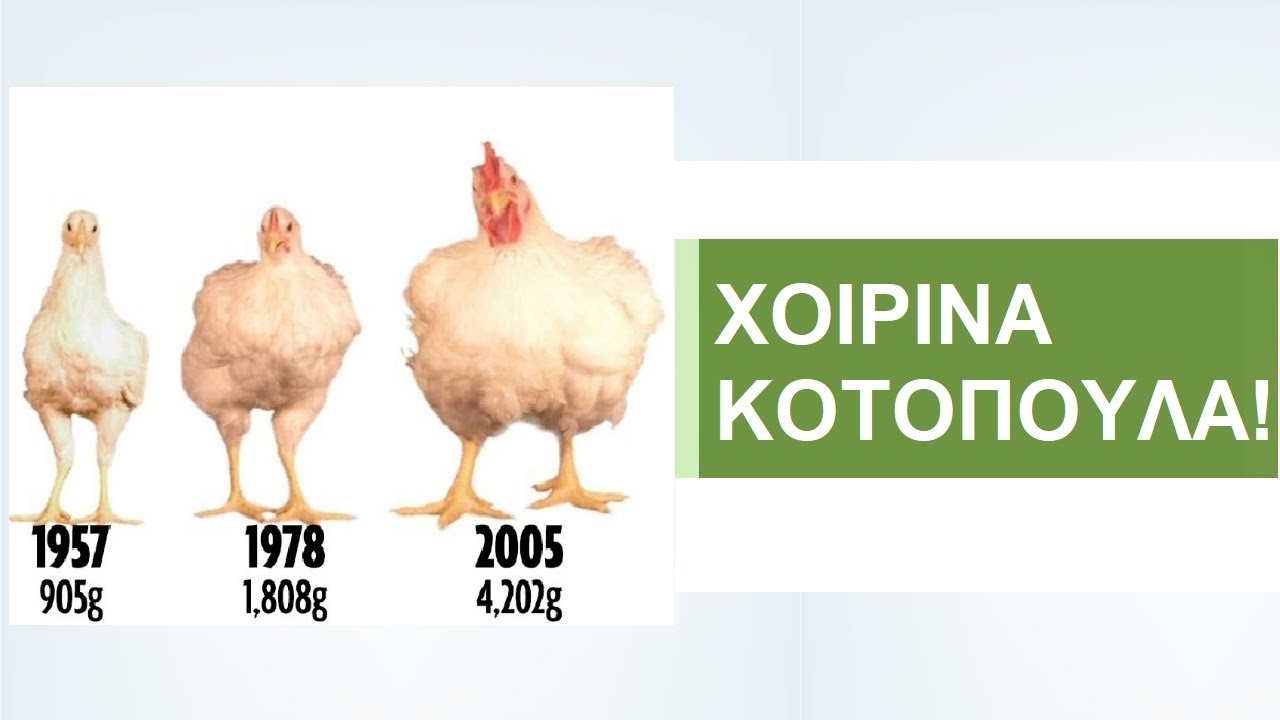
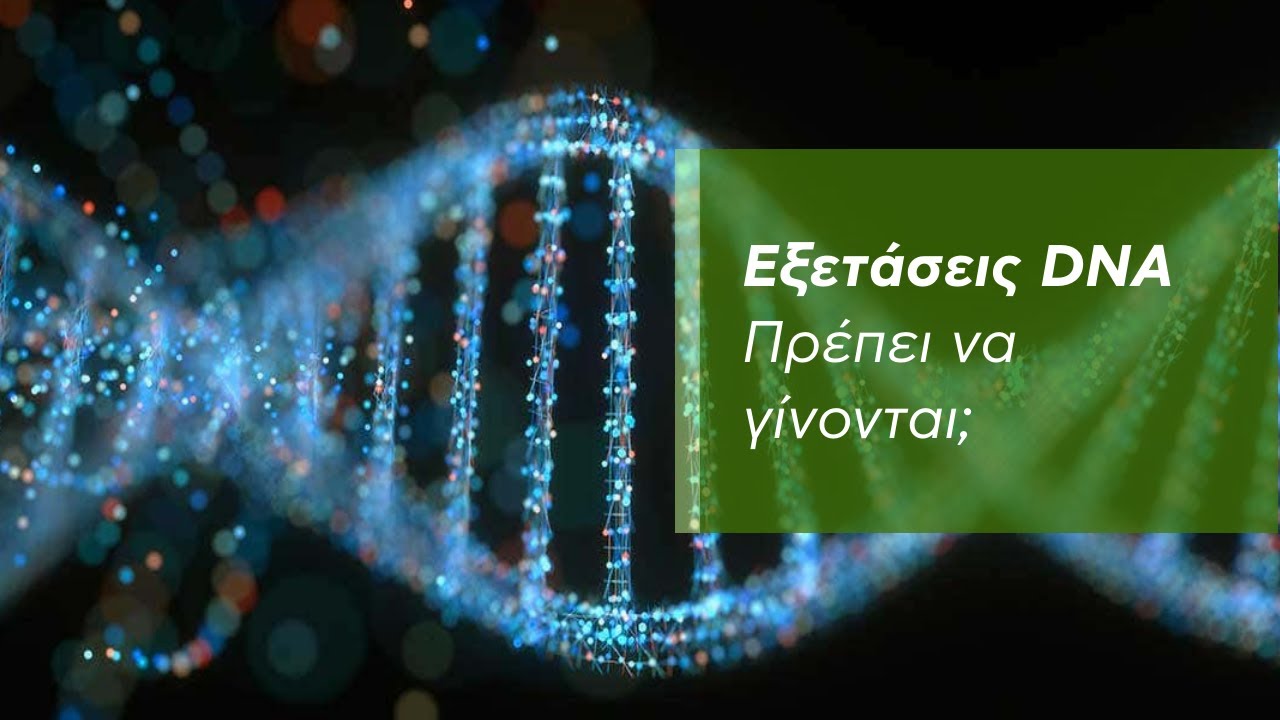
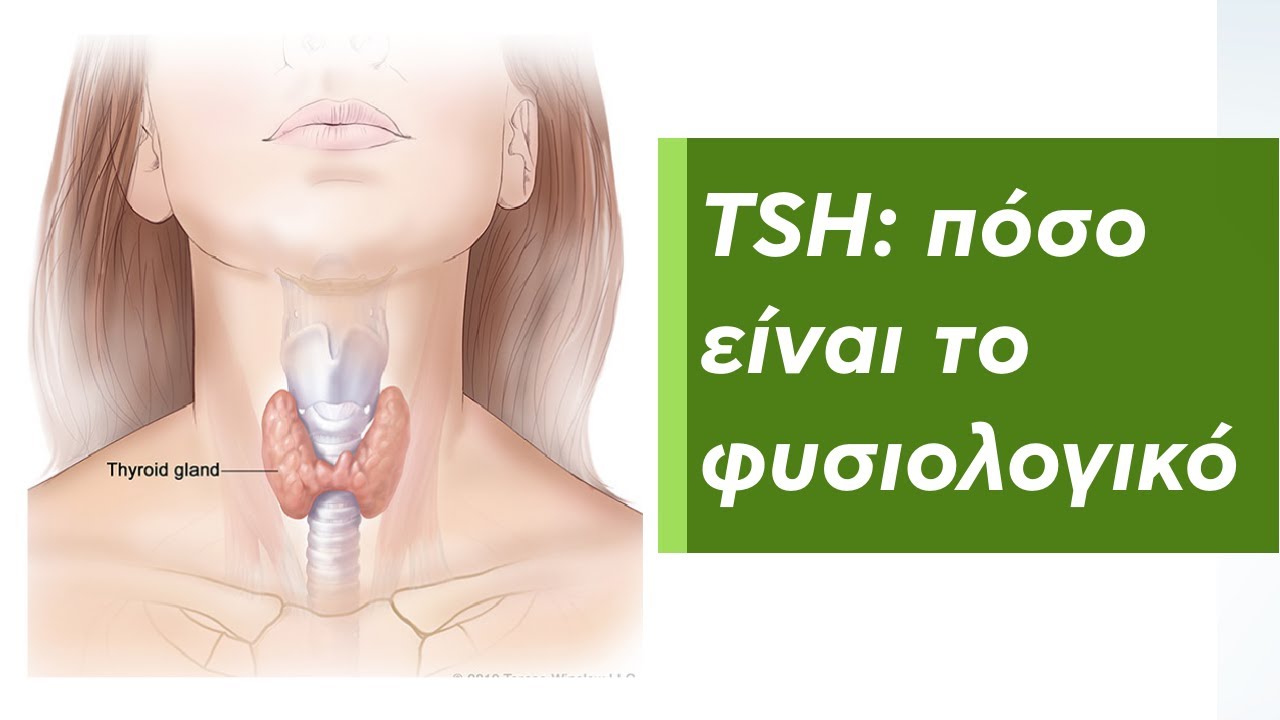


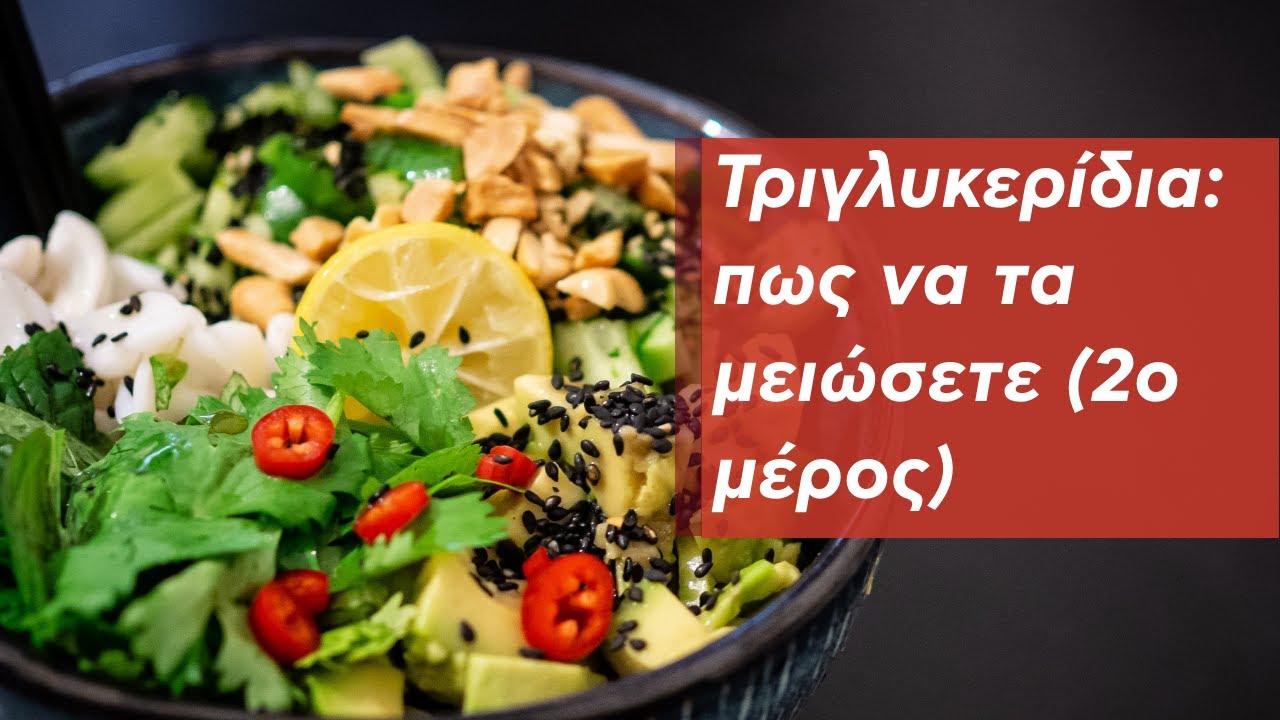
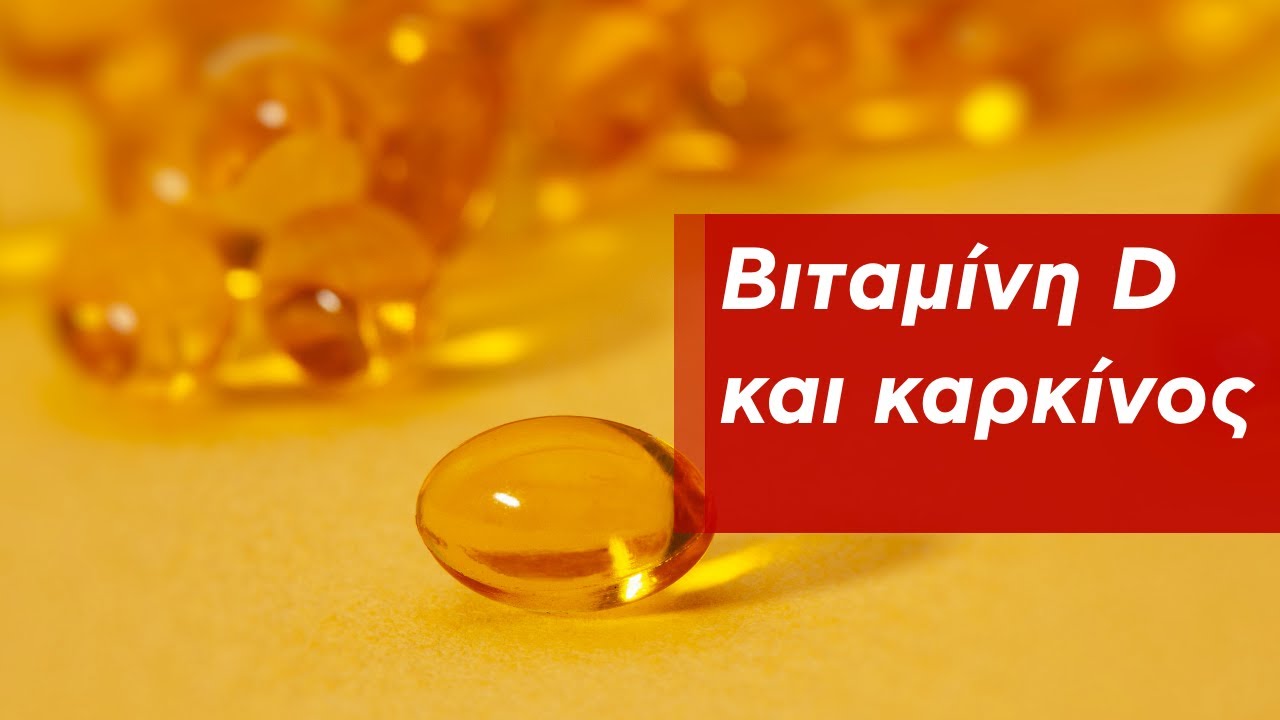
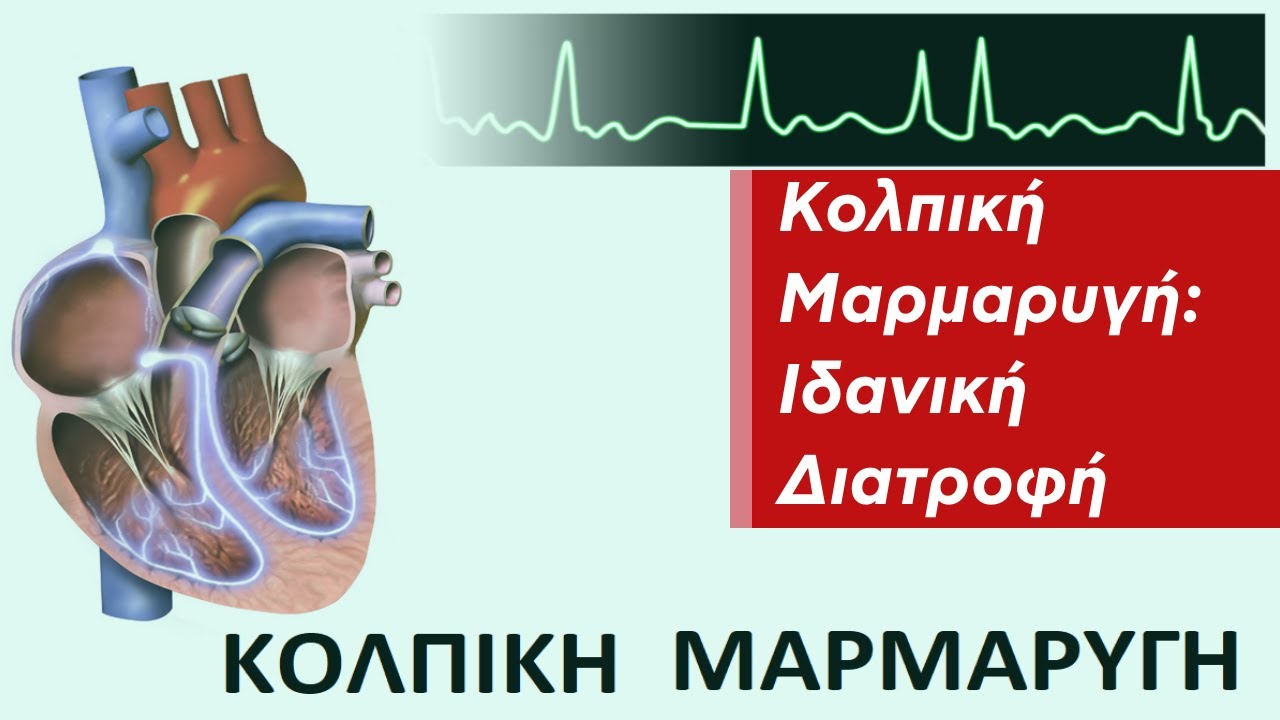
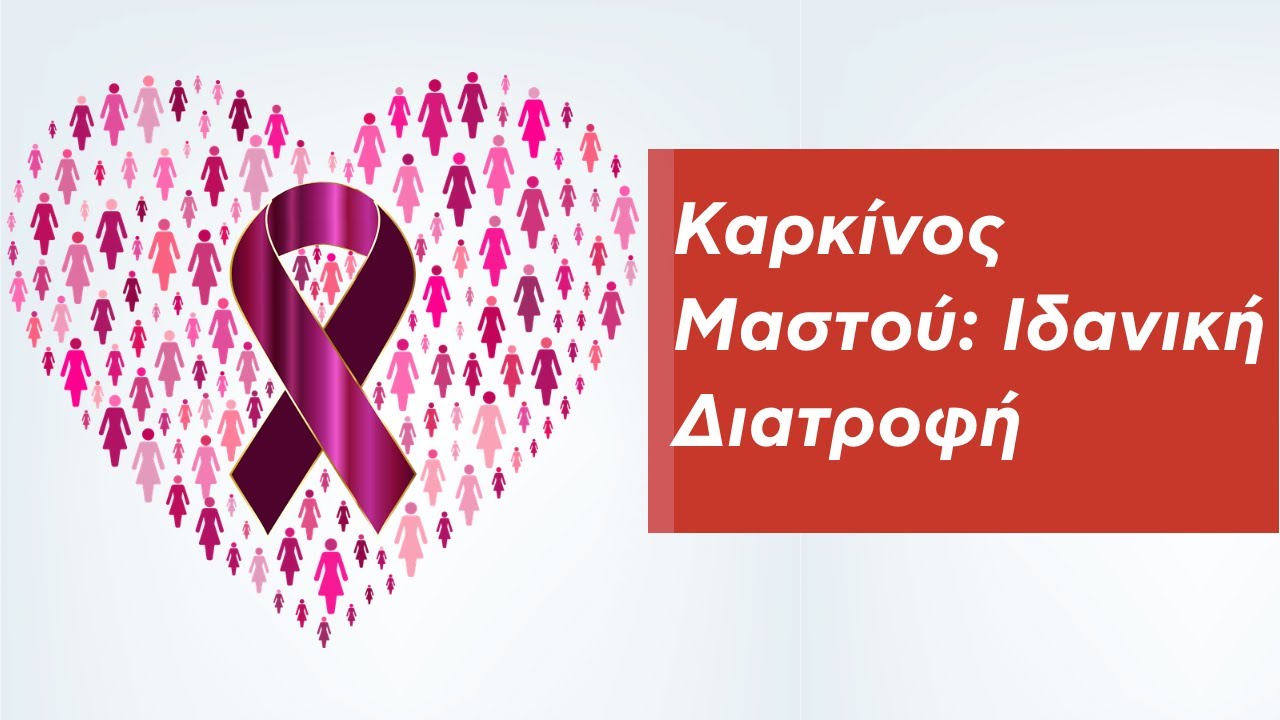
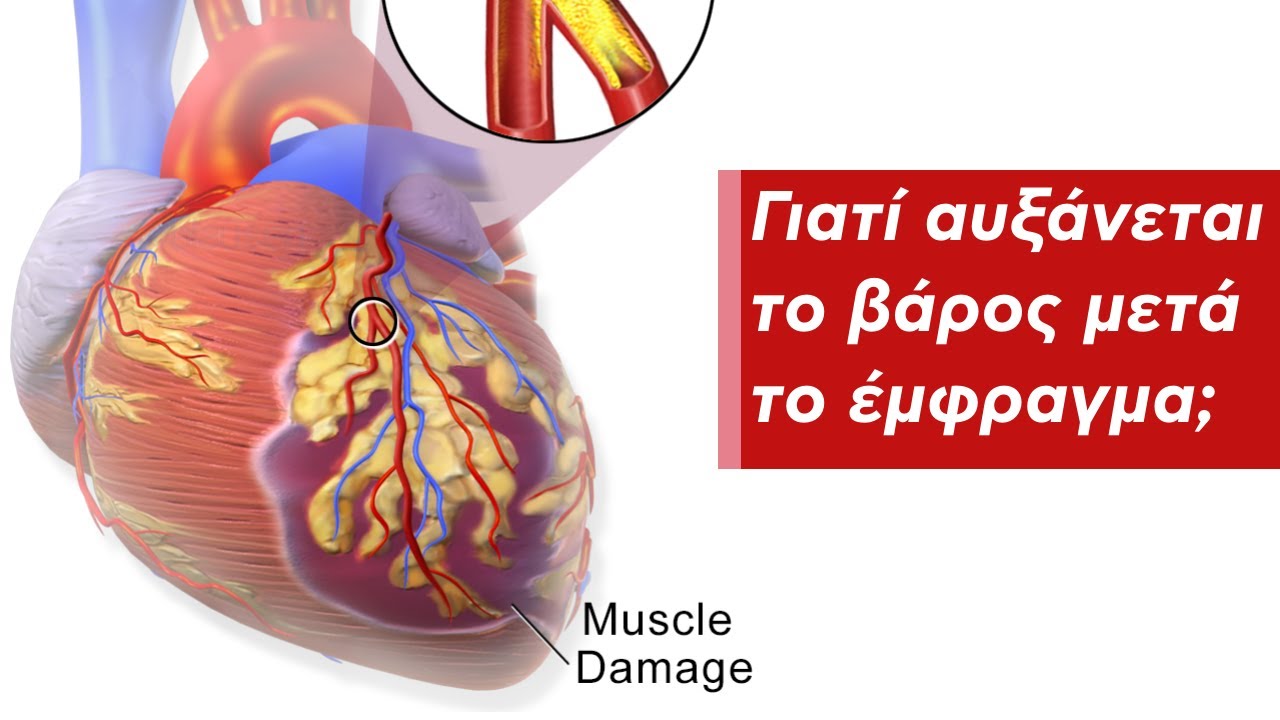

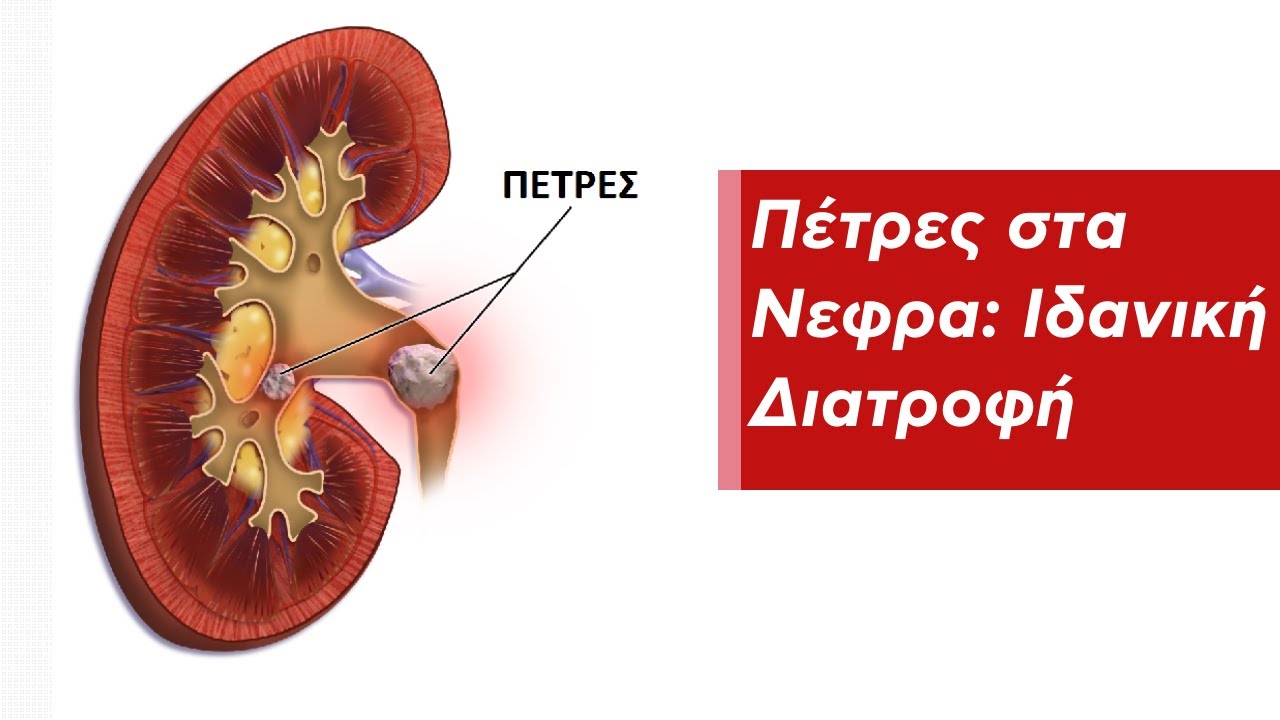

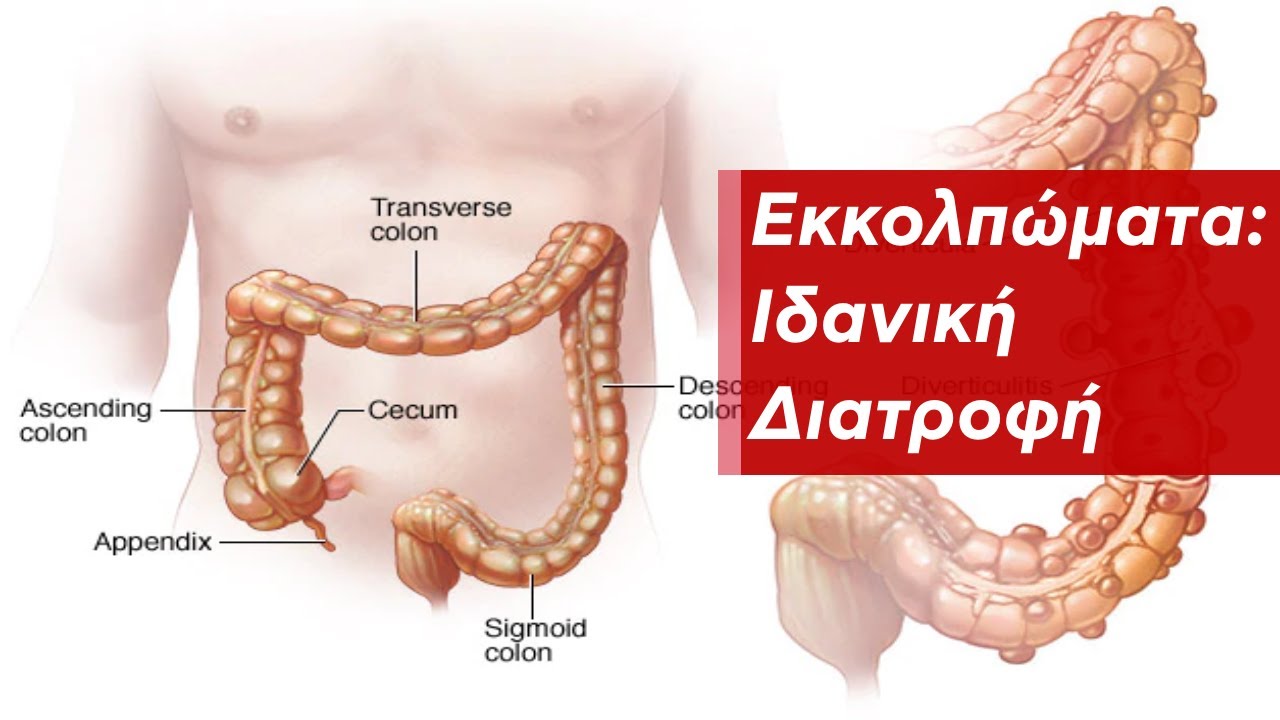
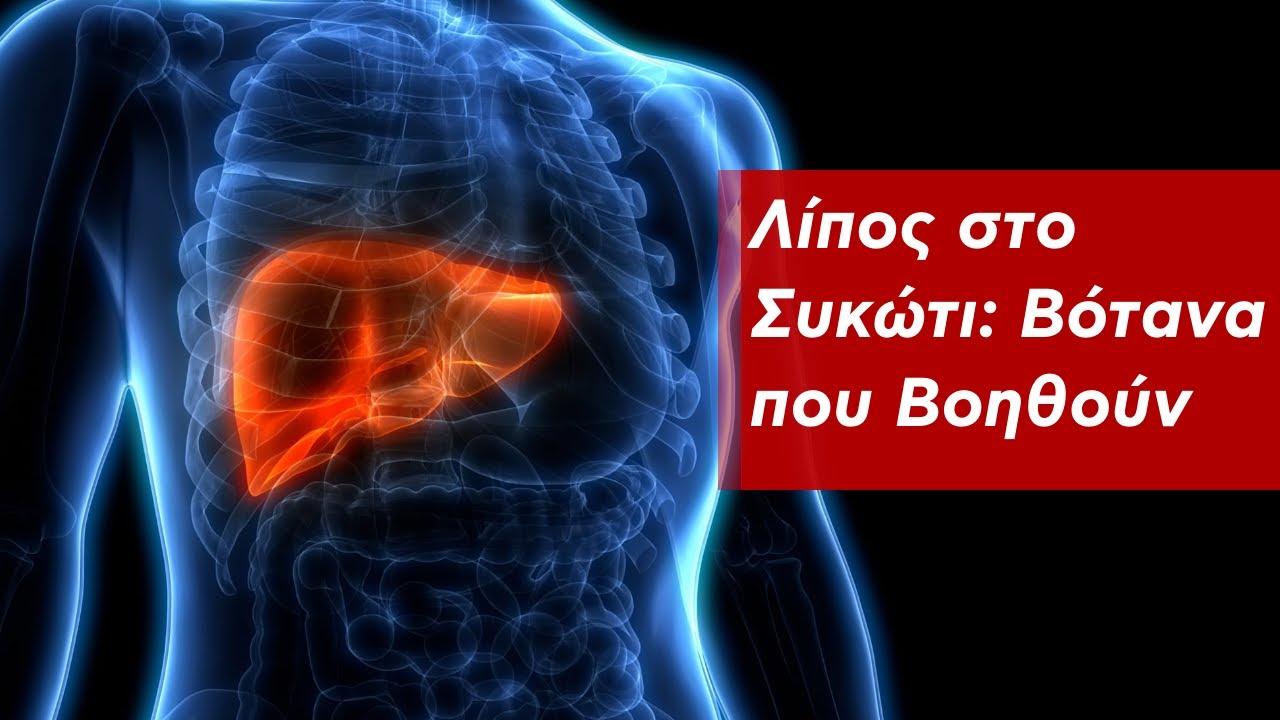
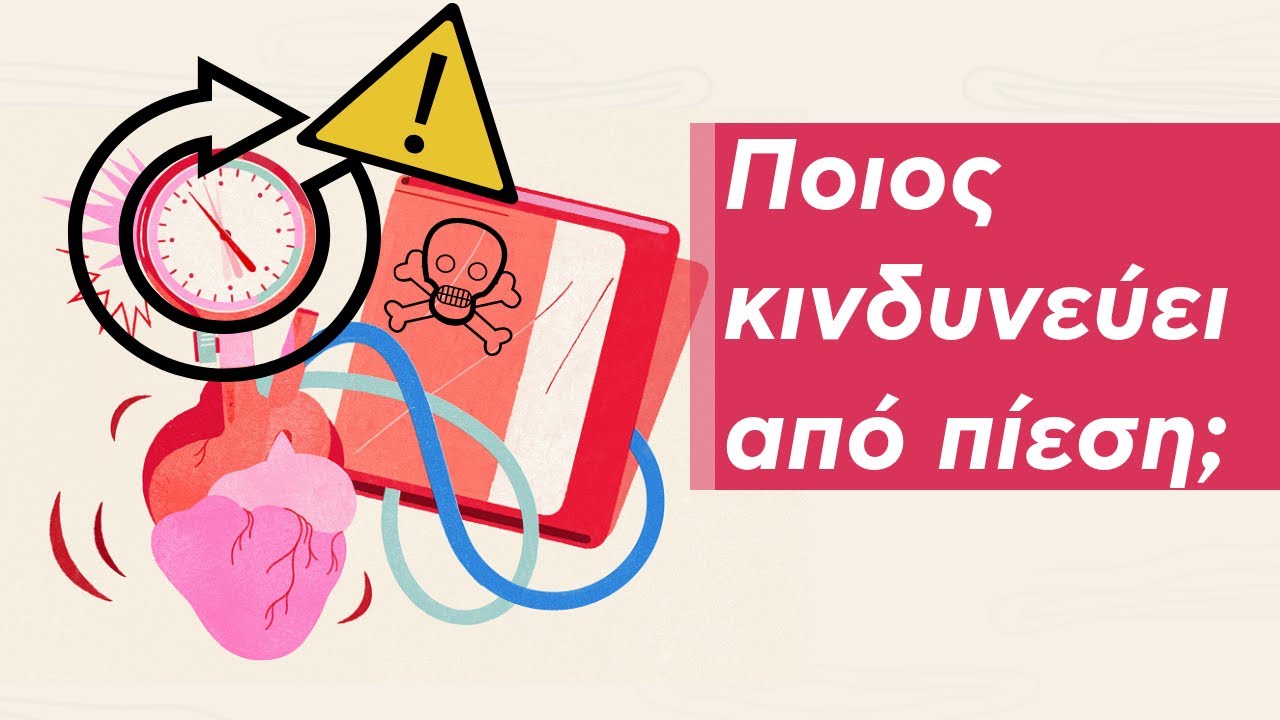
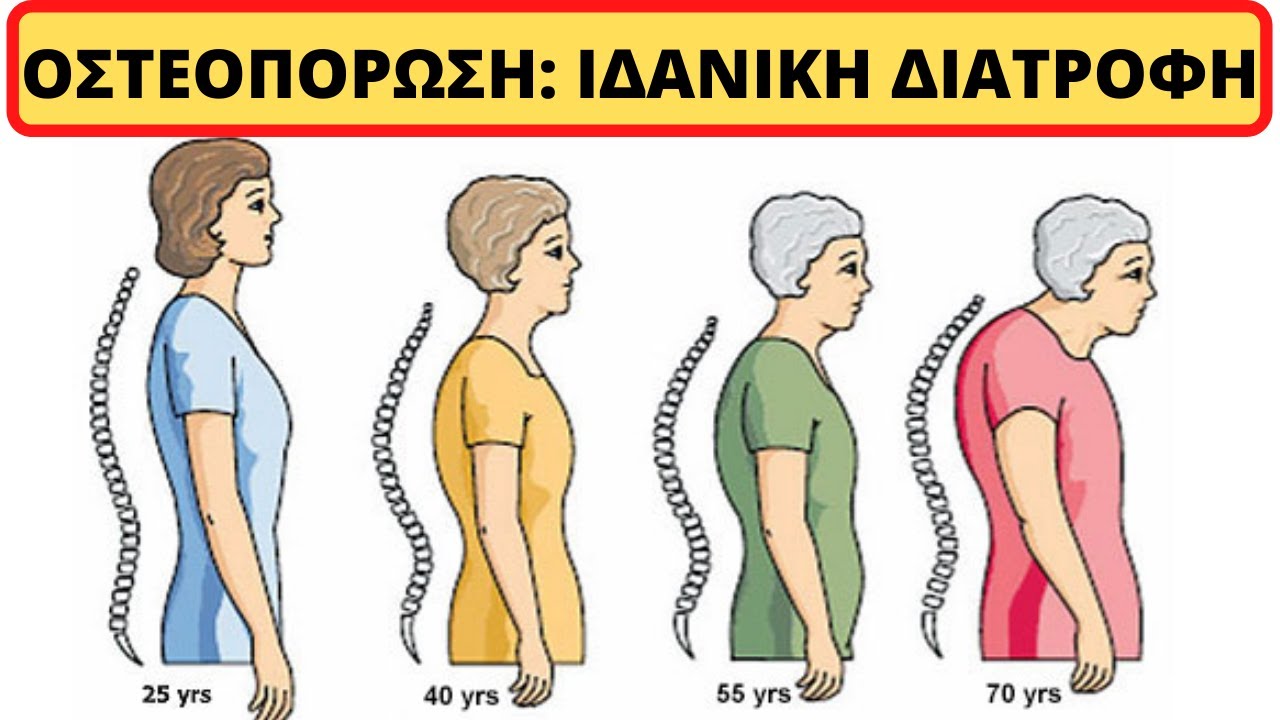
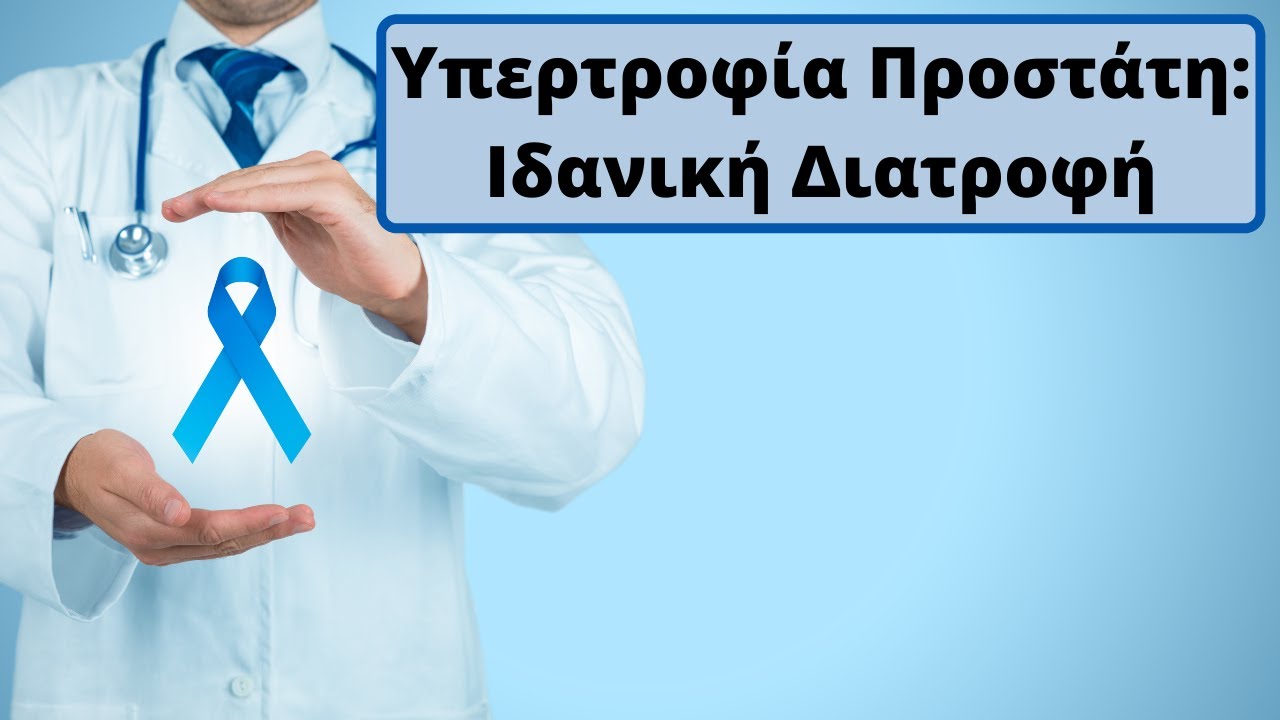
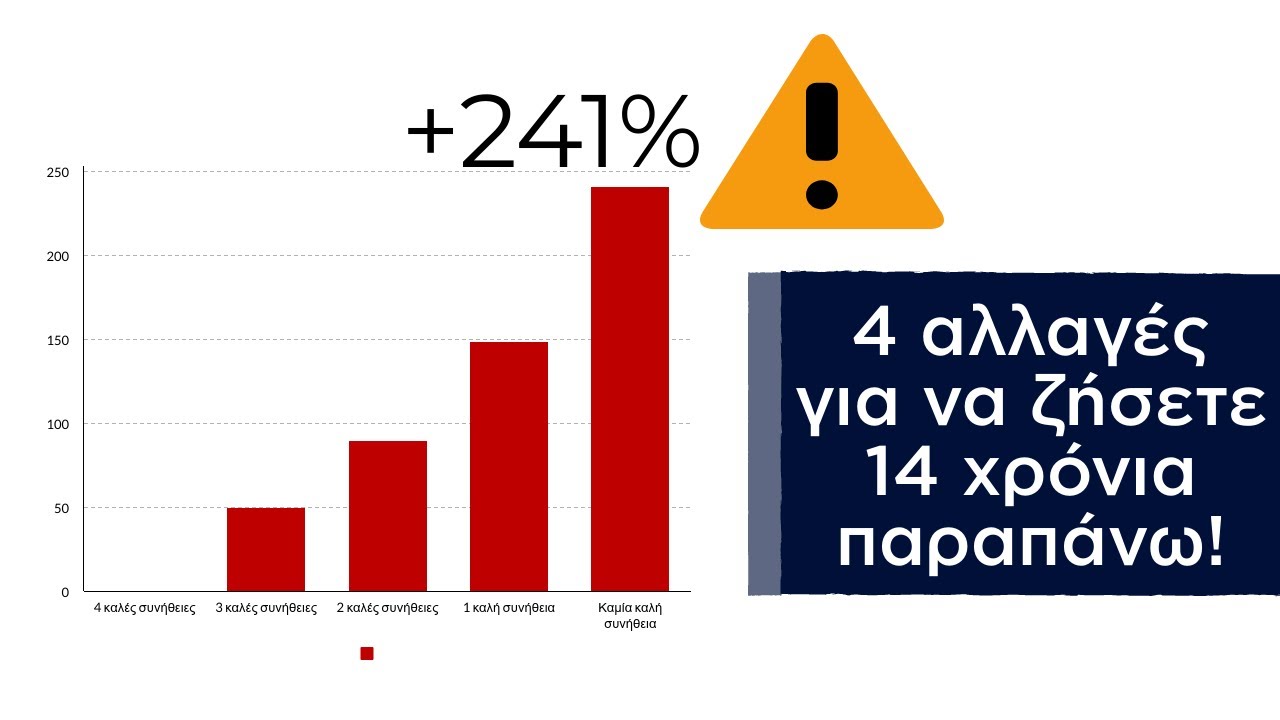
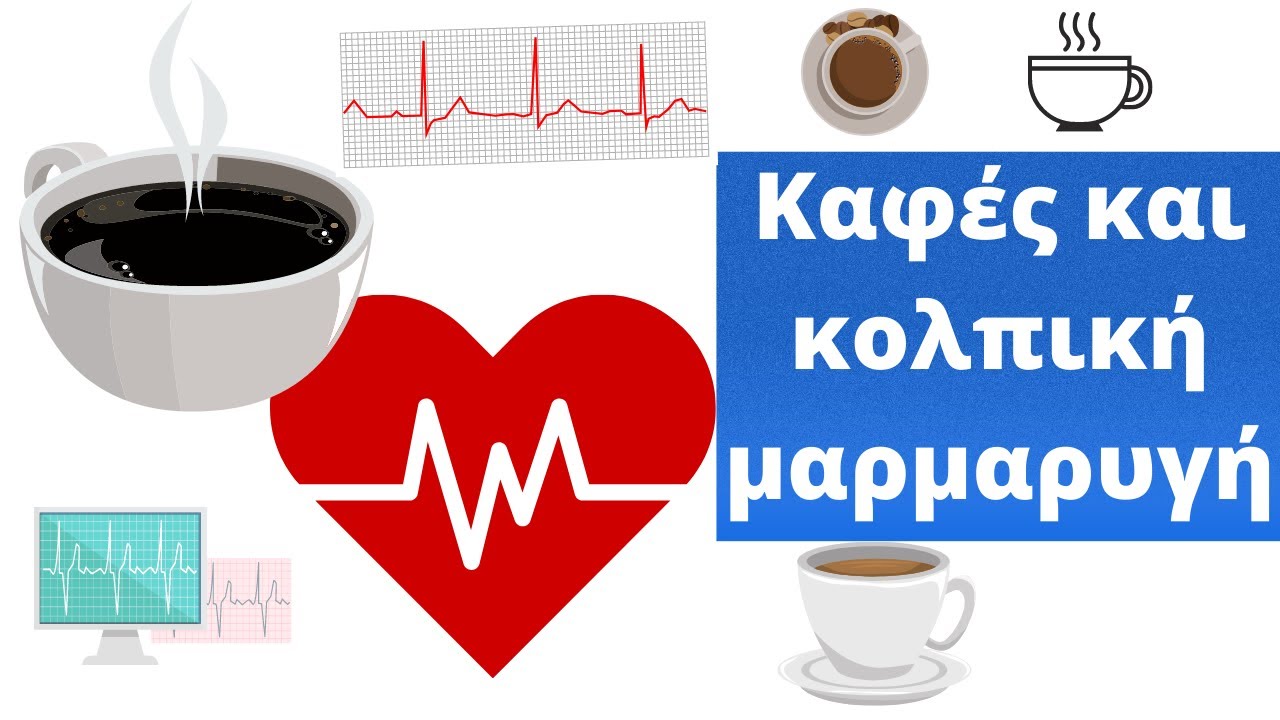
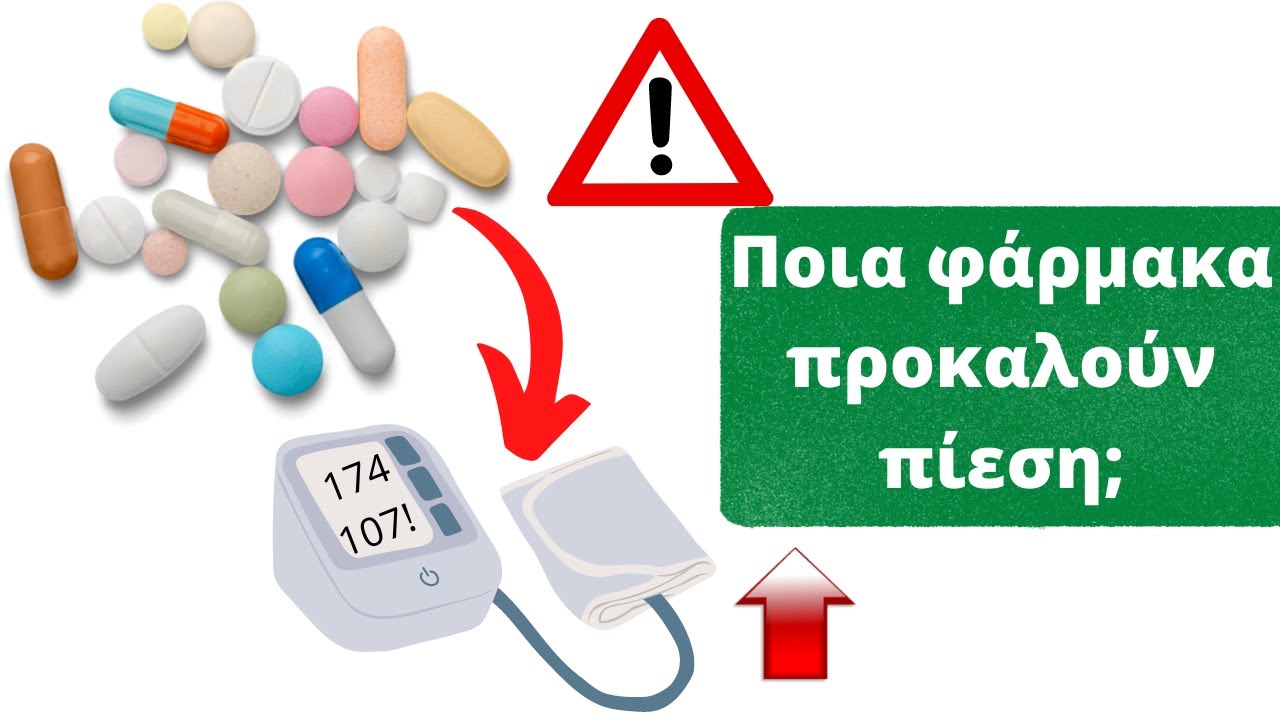
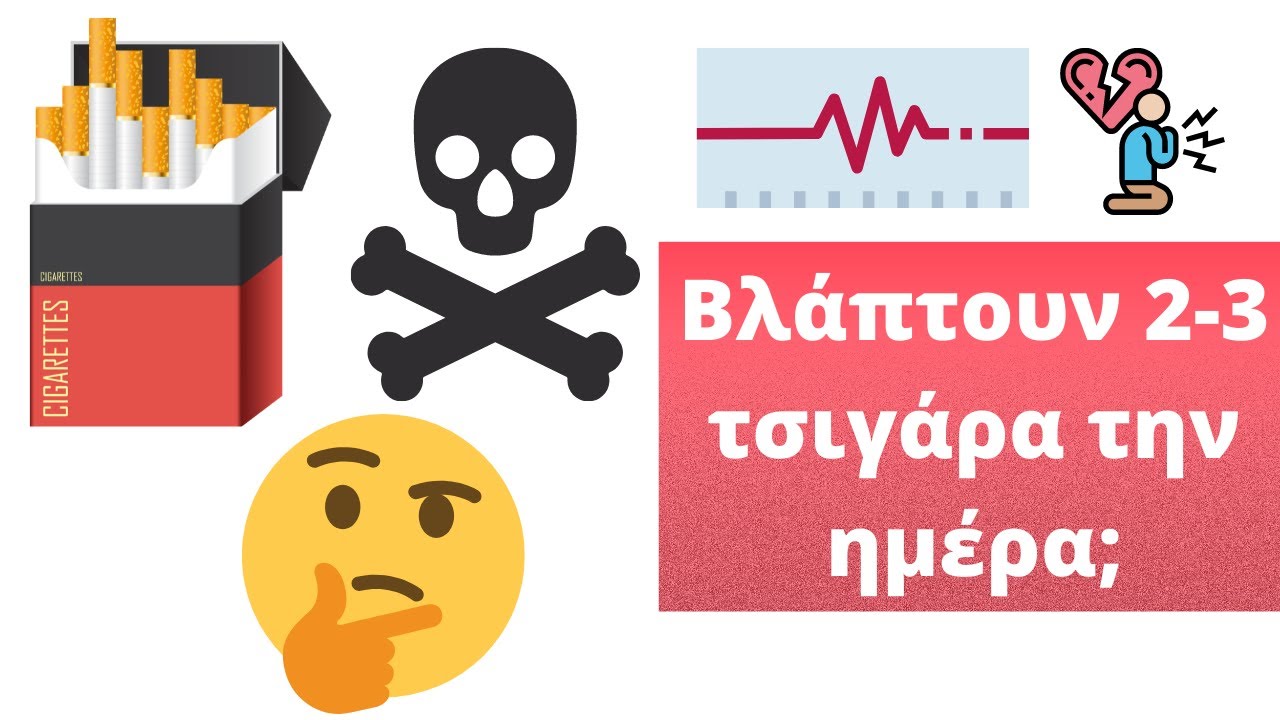
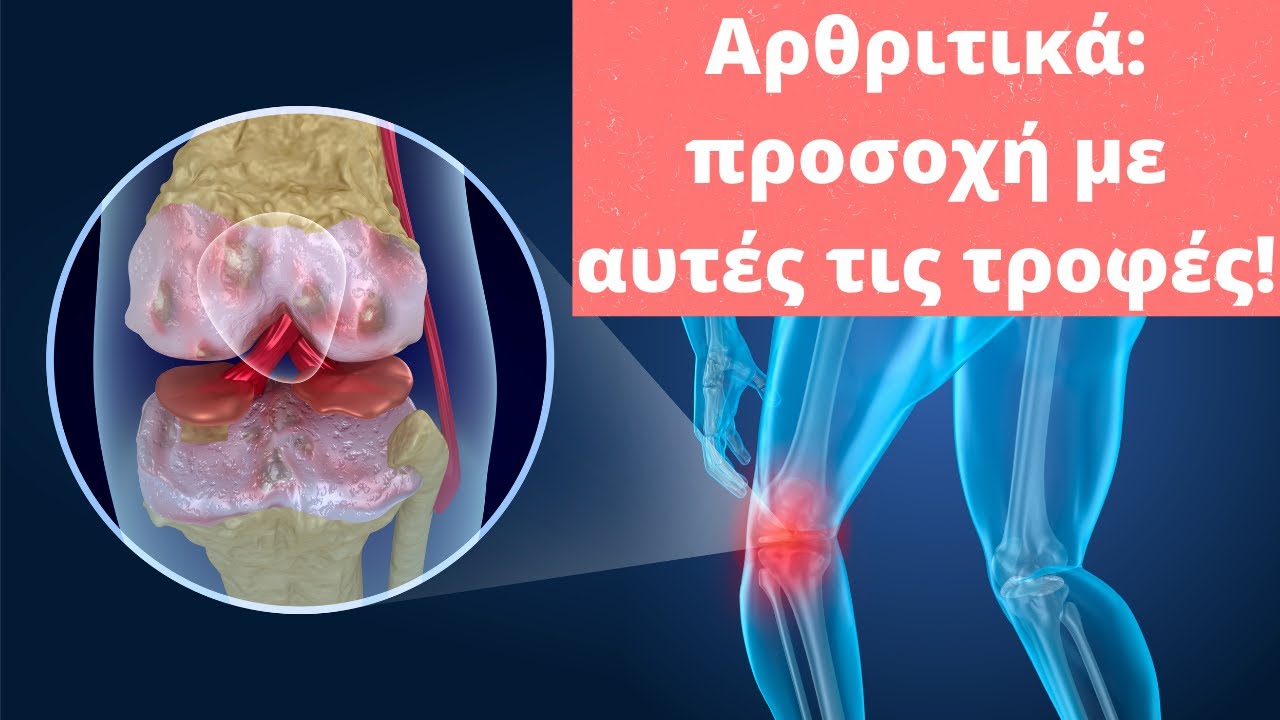

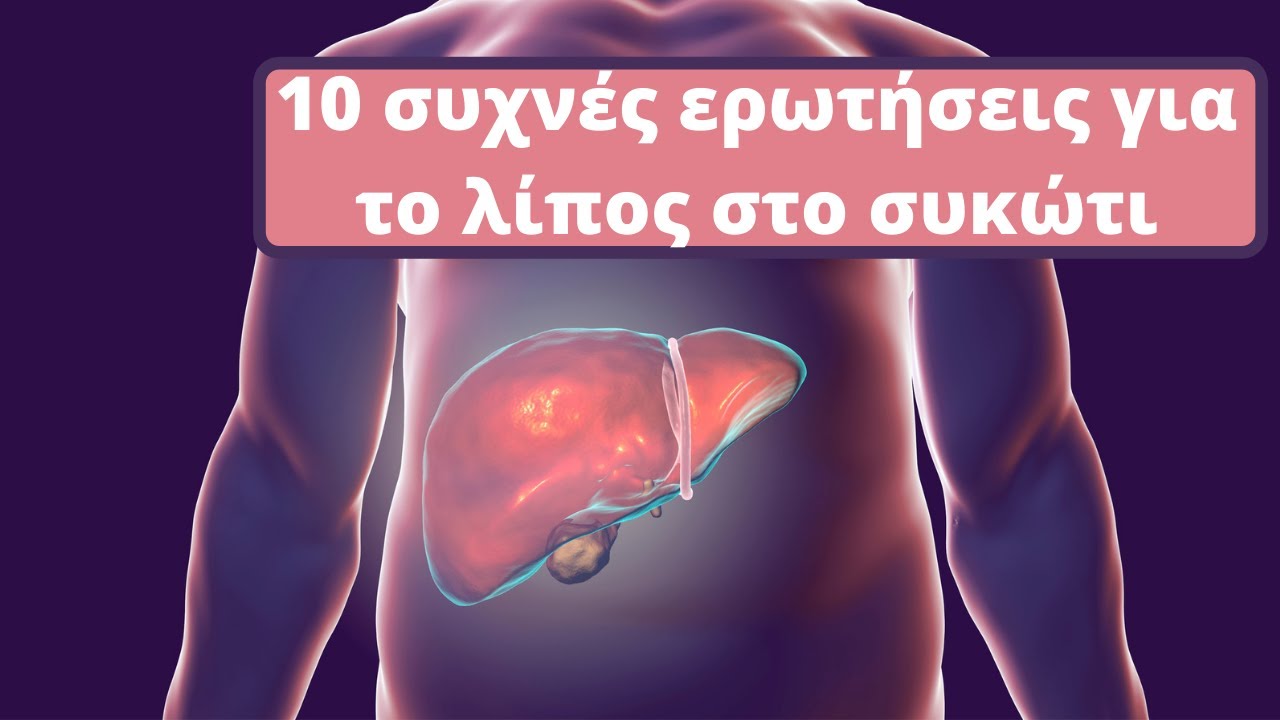
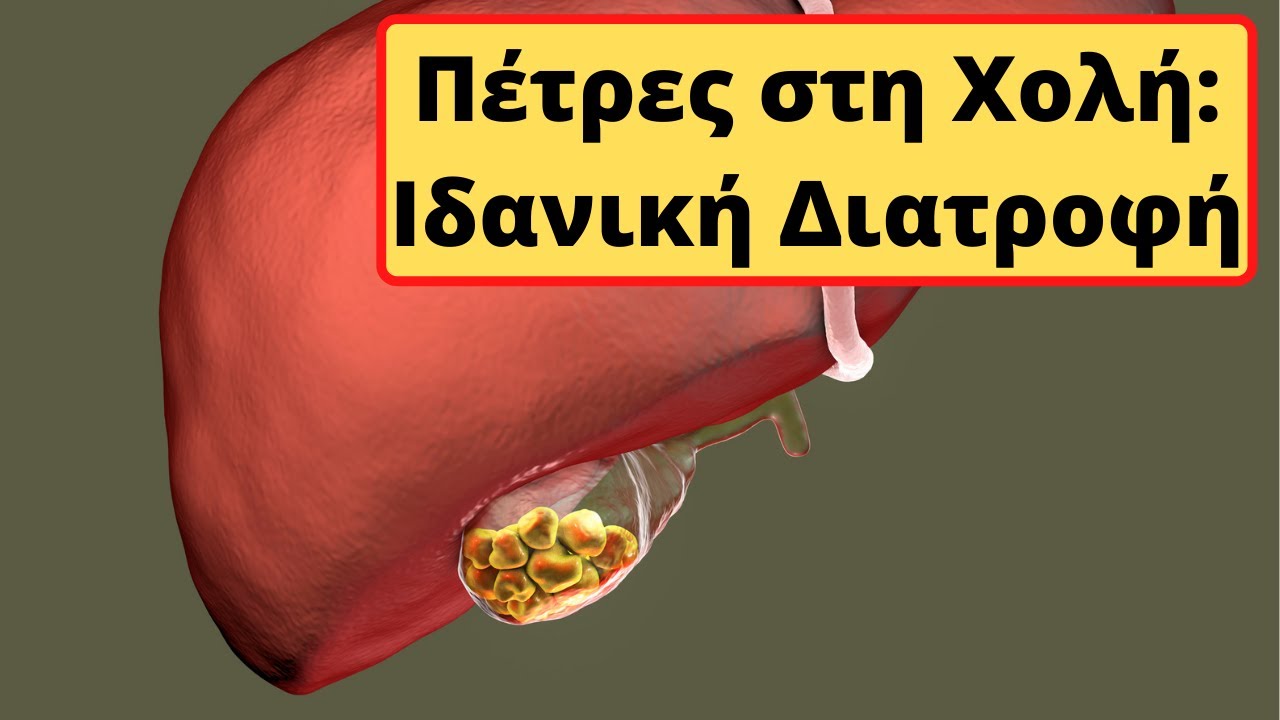
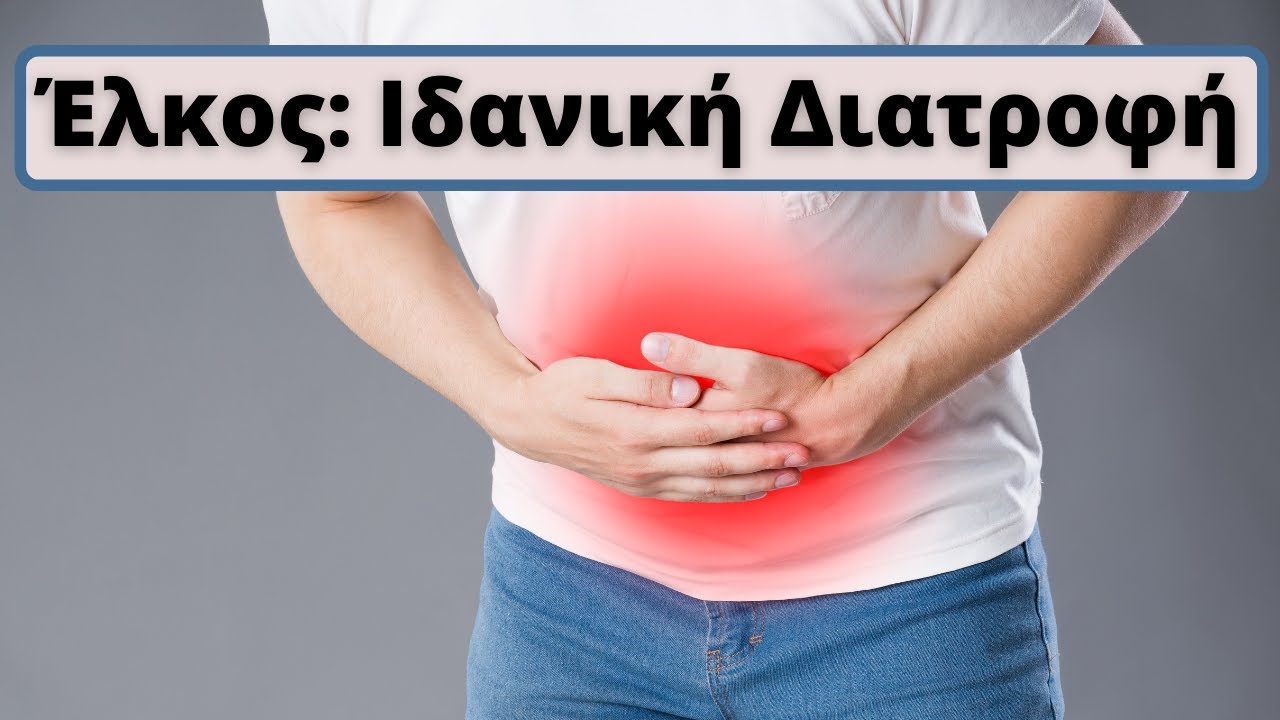
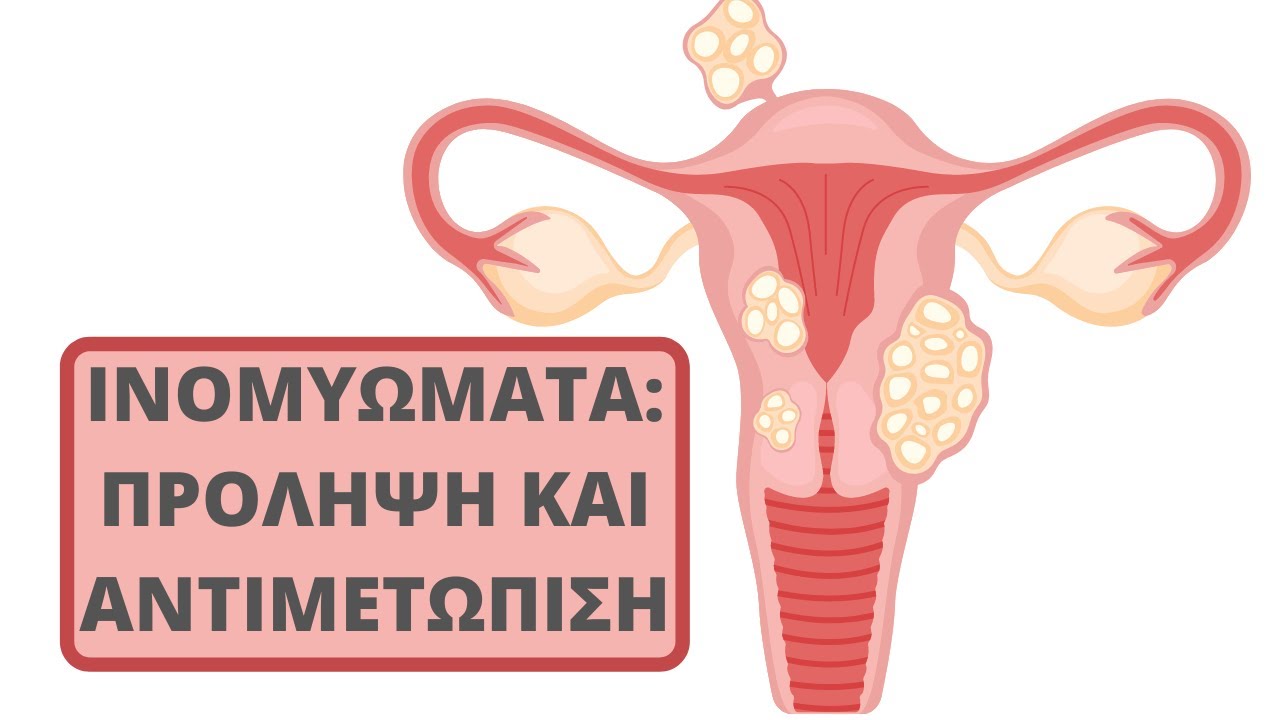

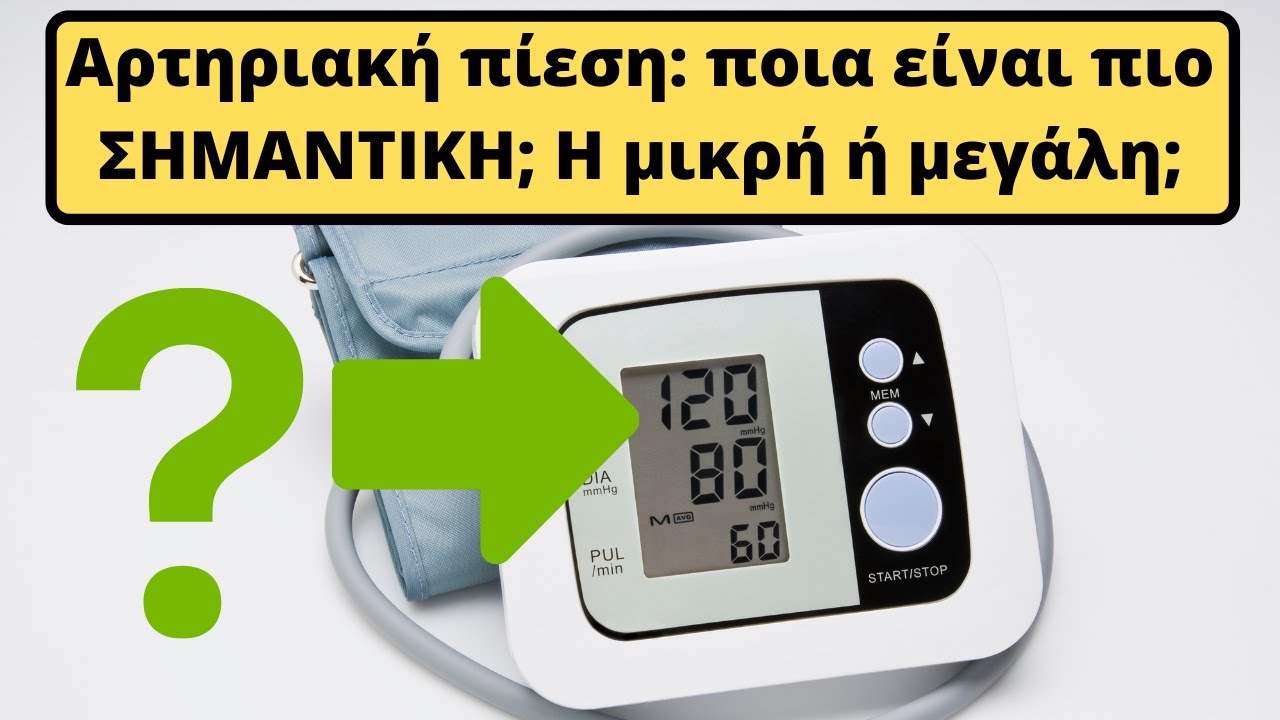
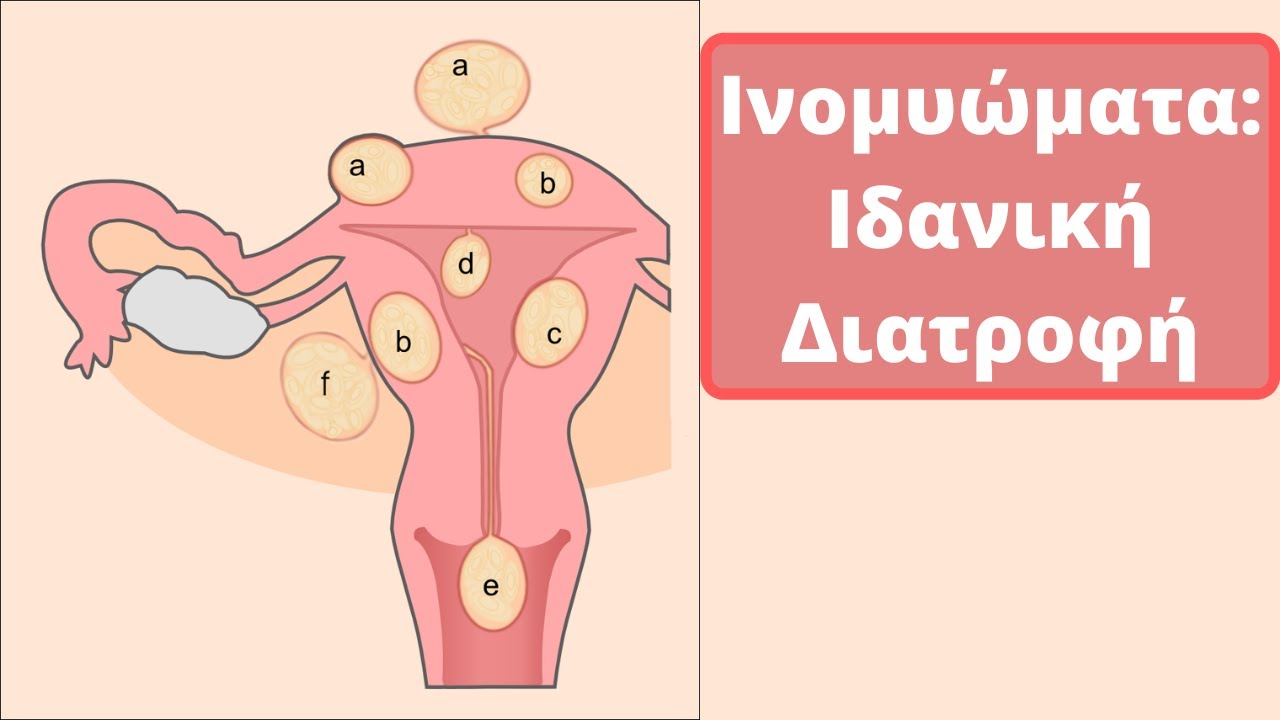
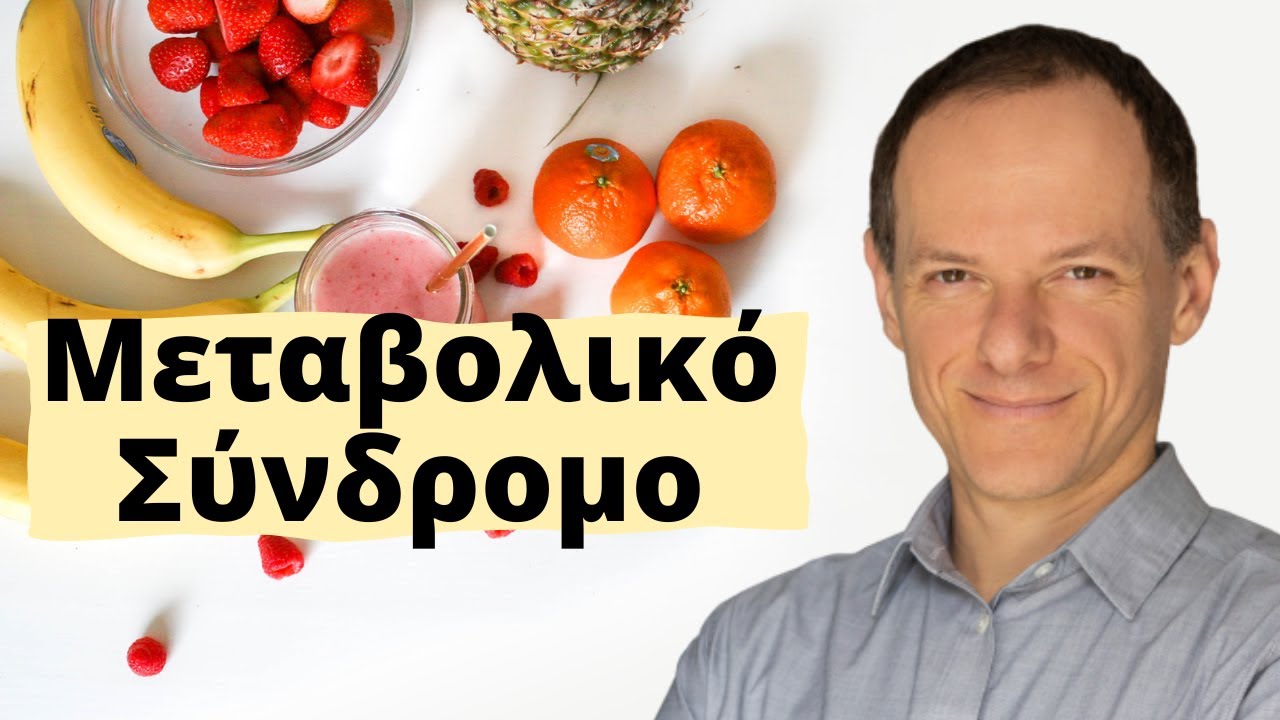
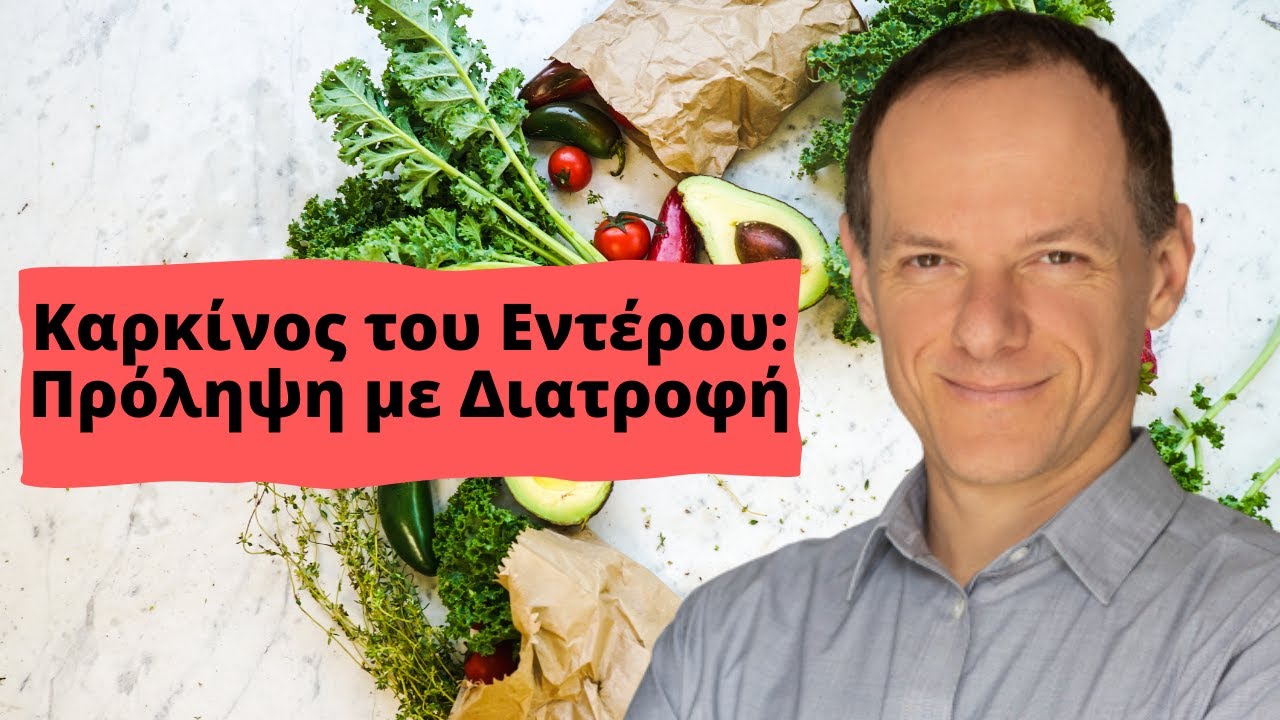
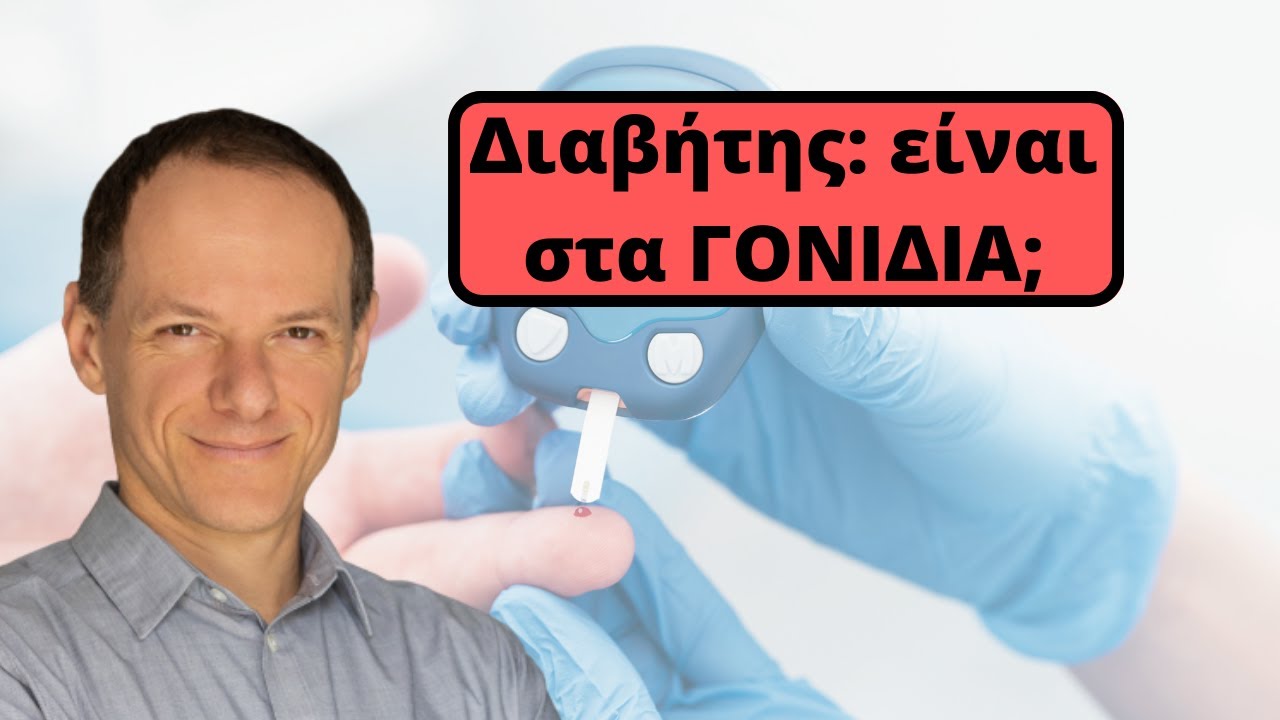

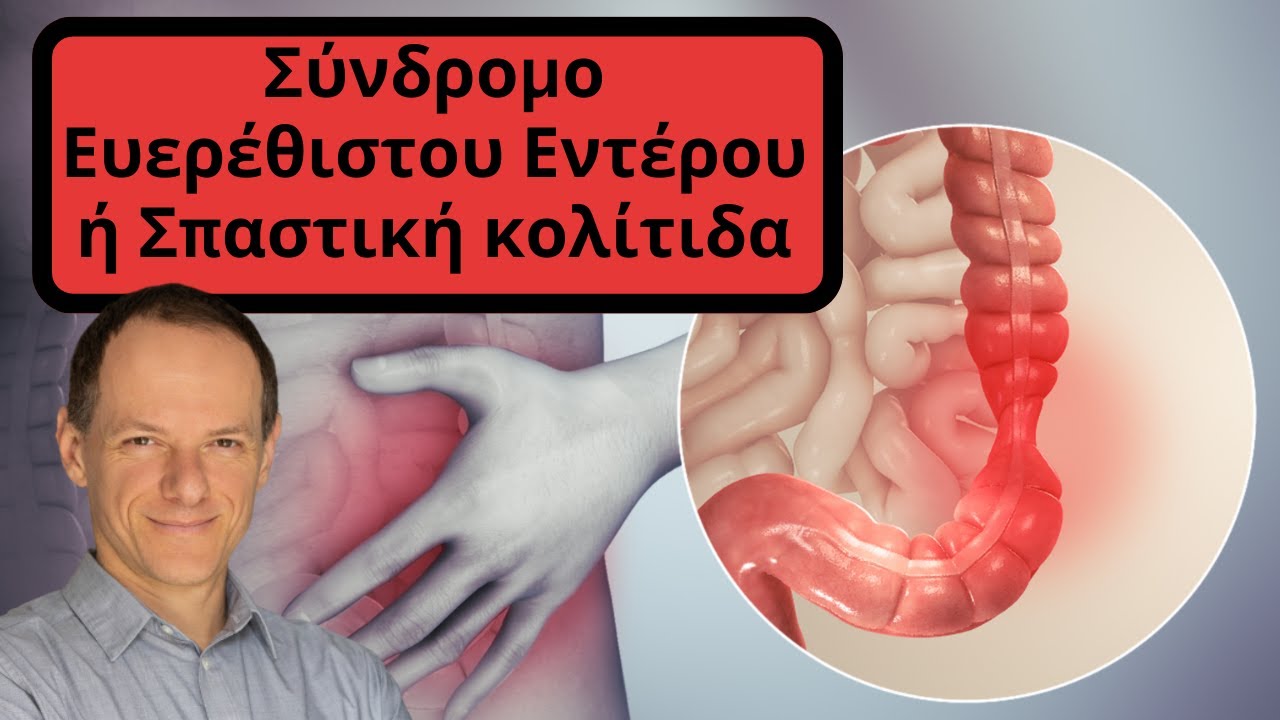
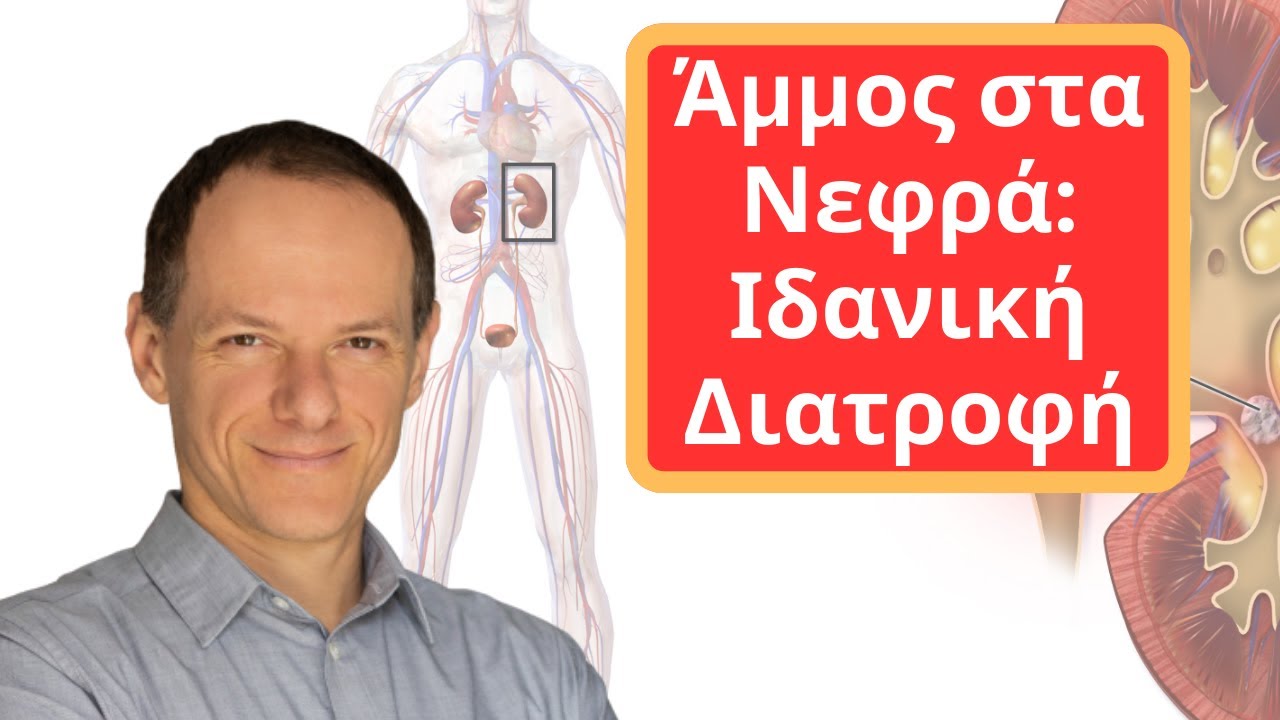
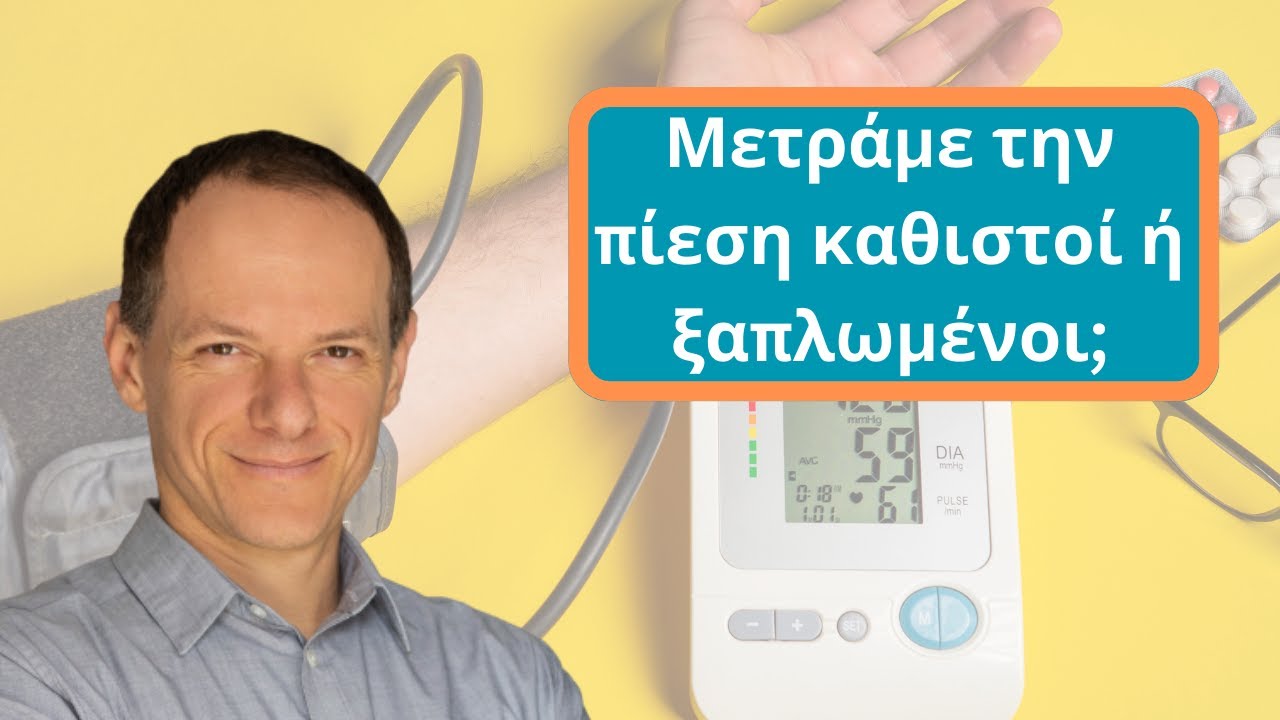

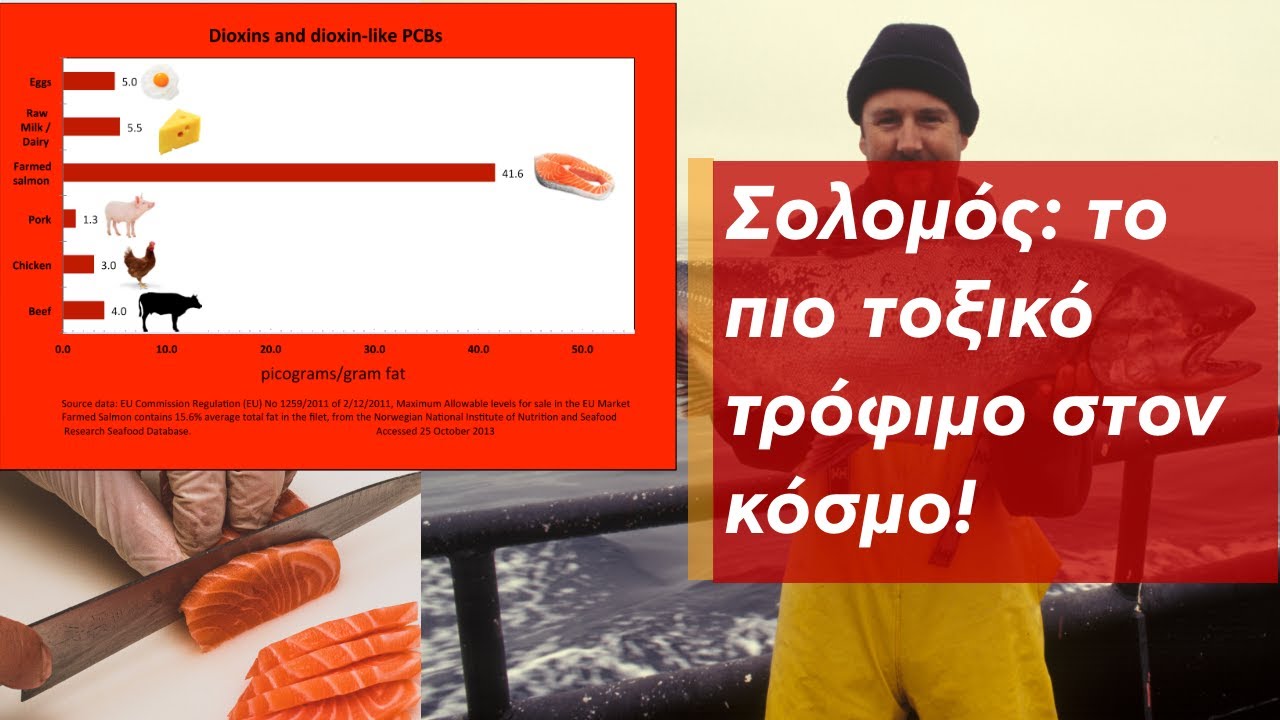
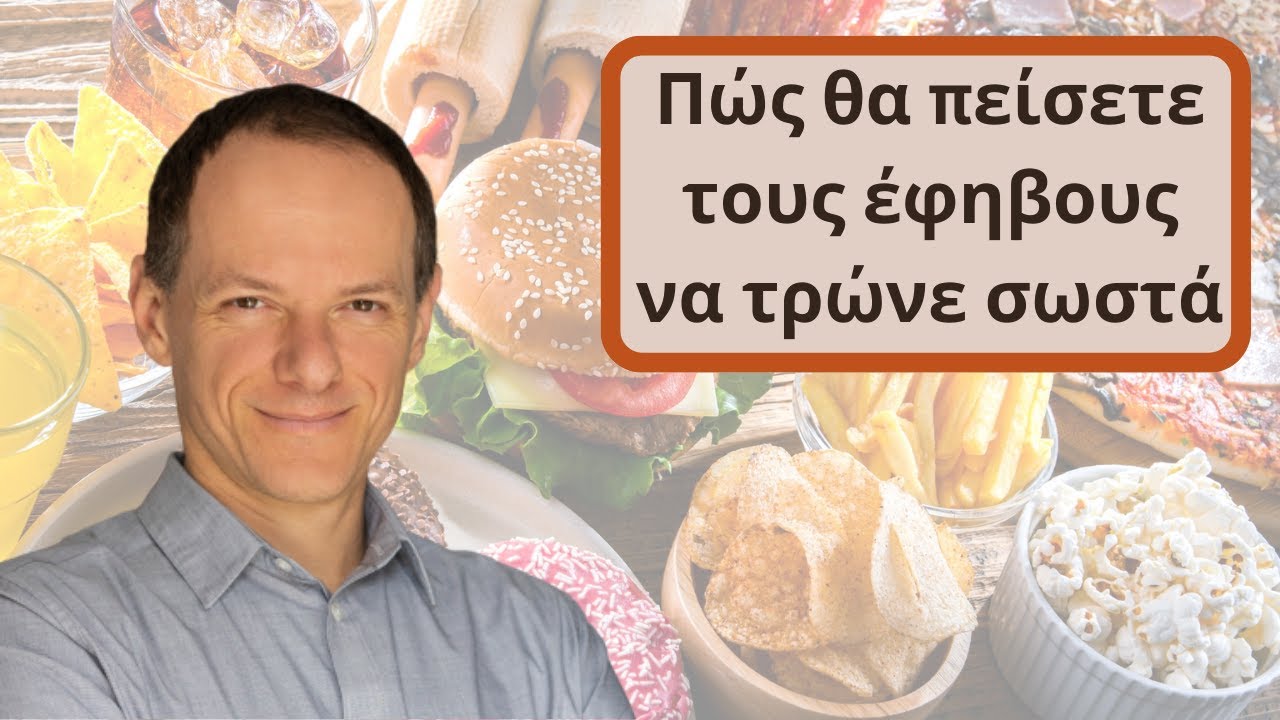



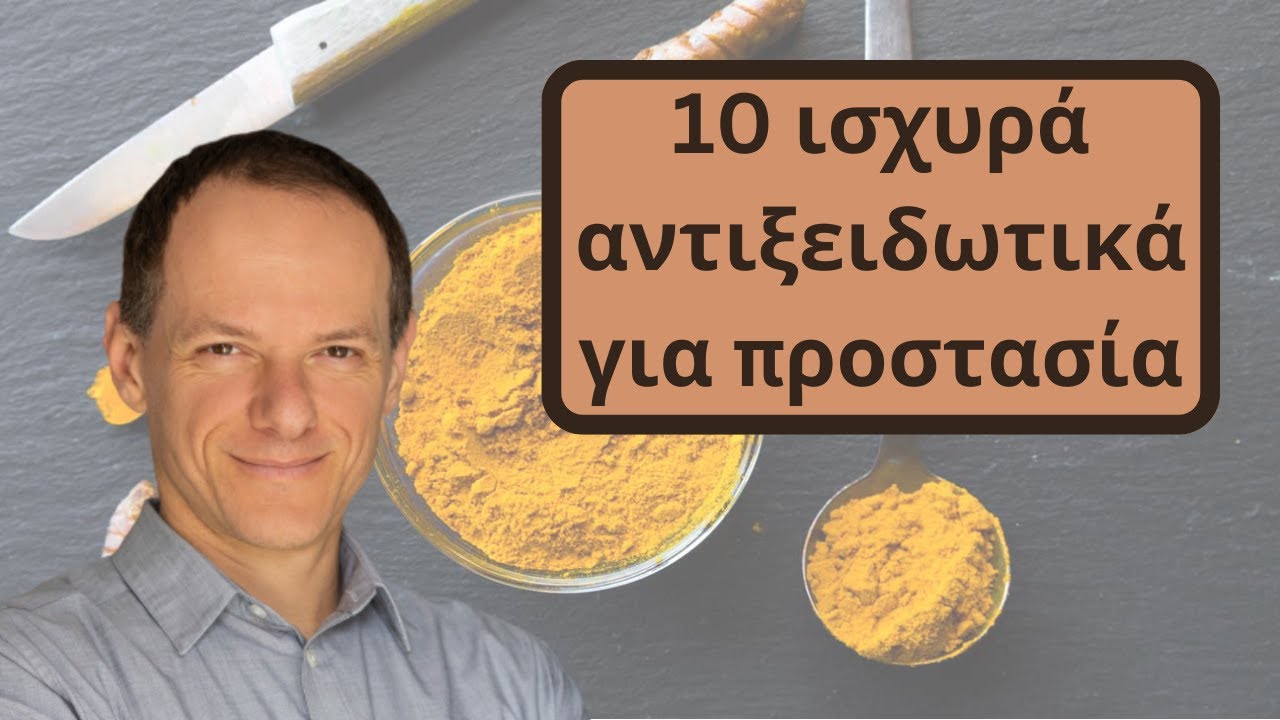
0 Σχόλια